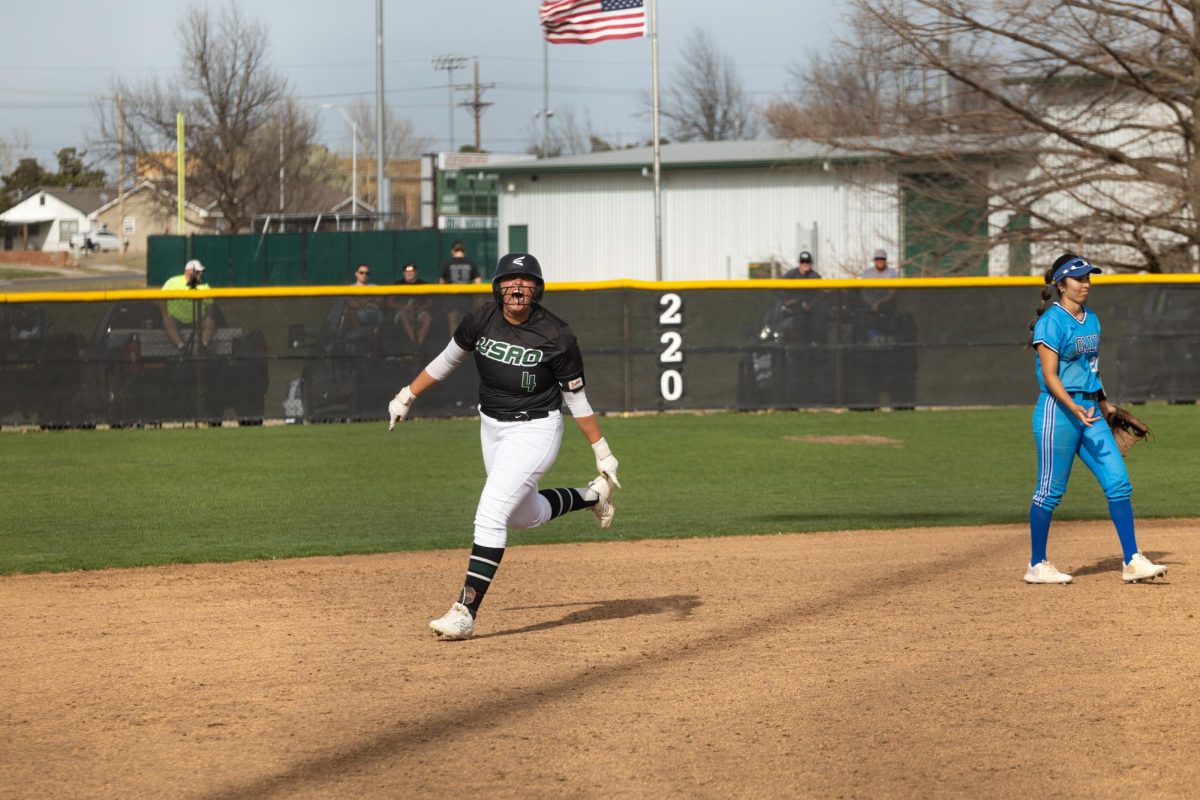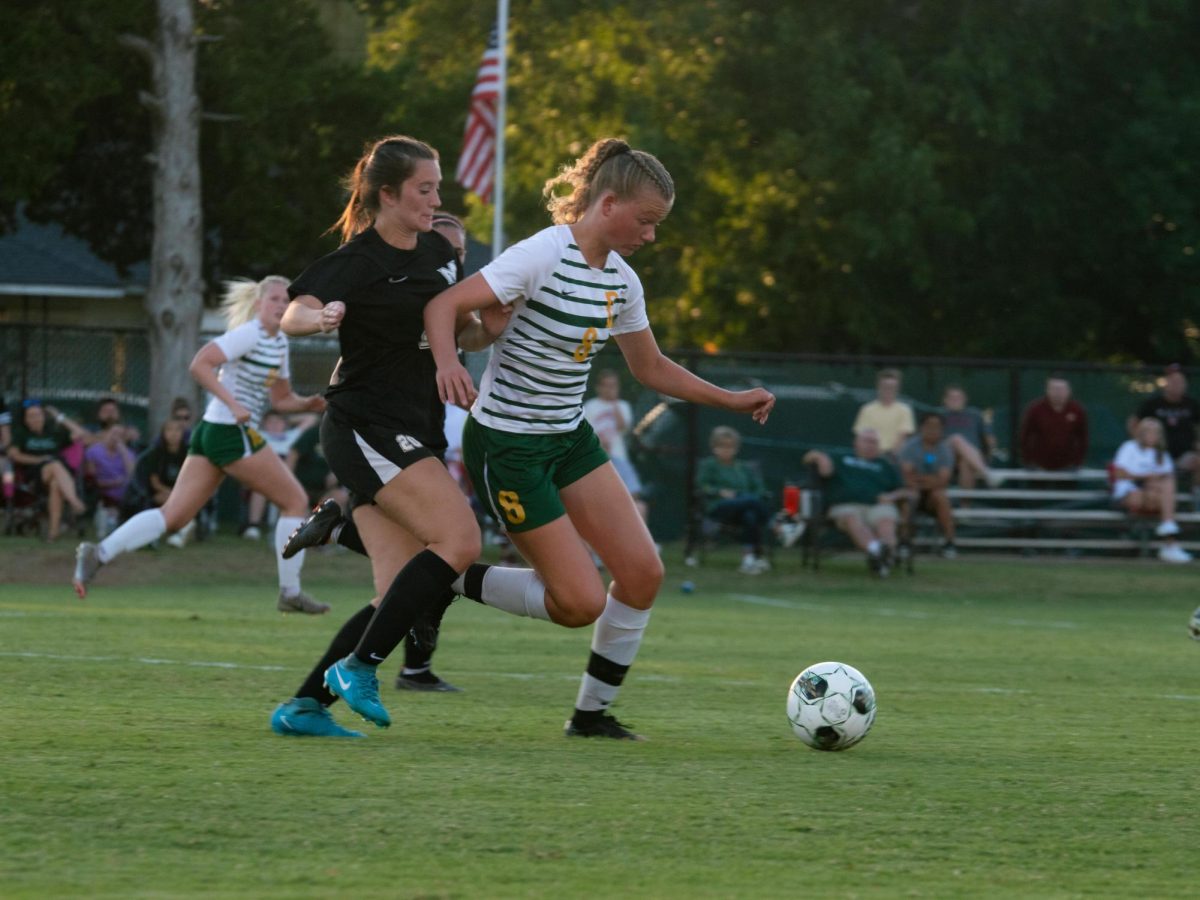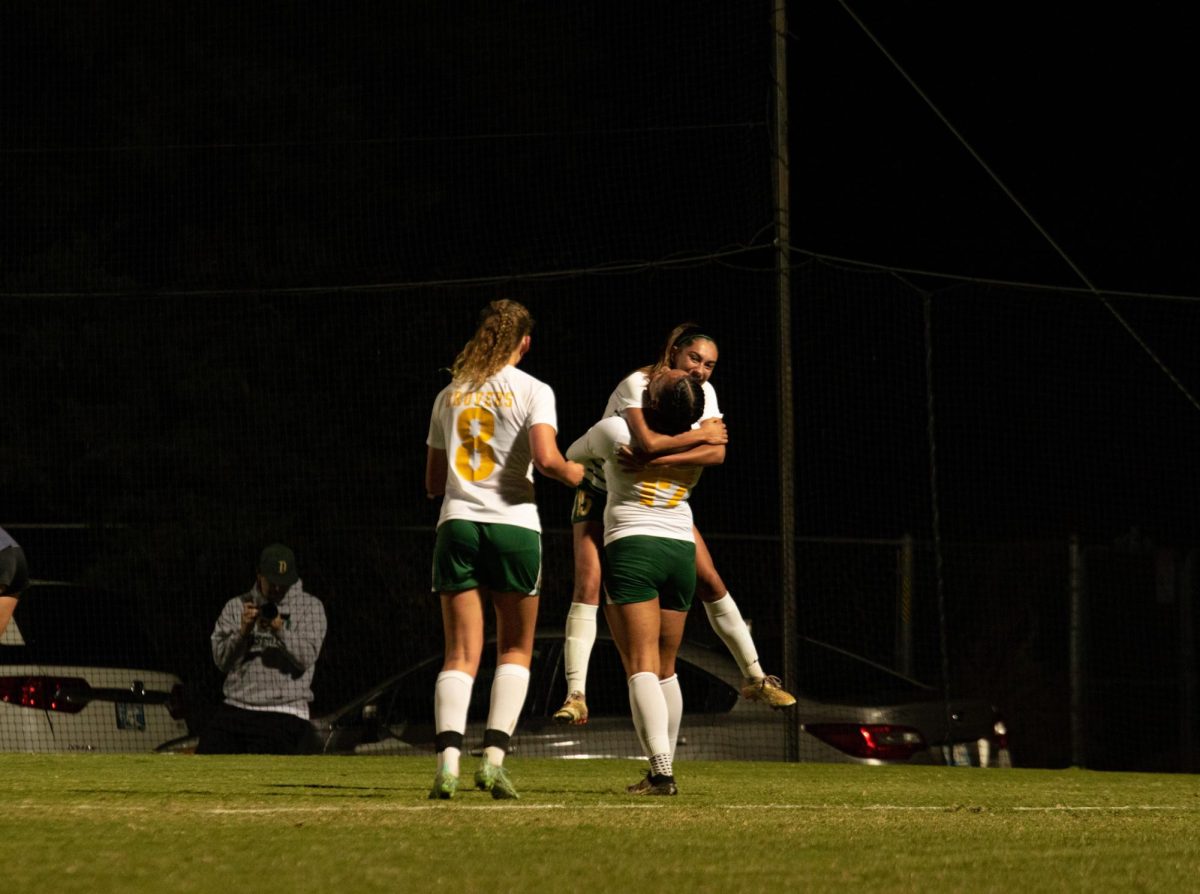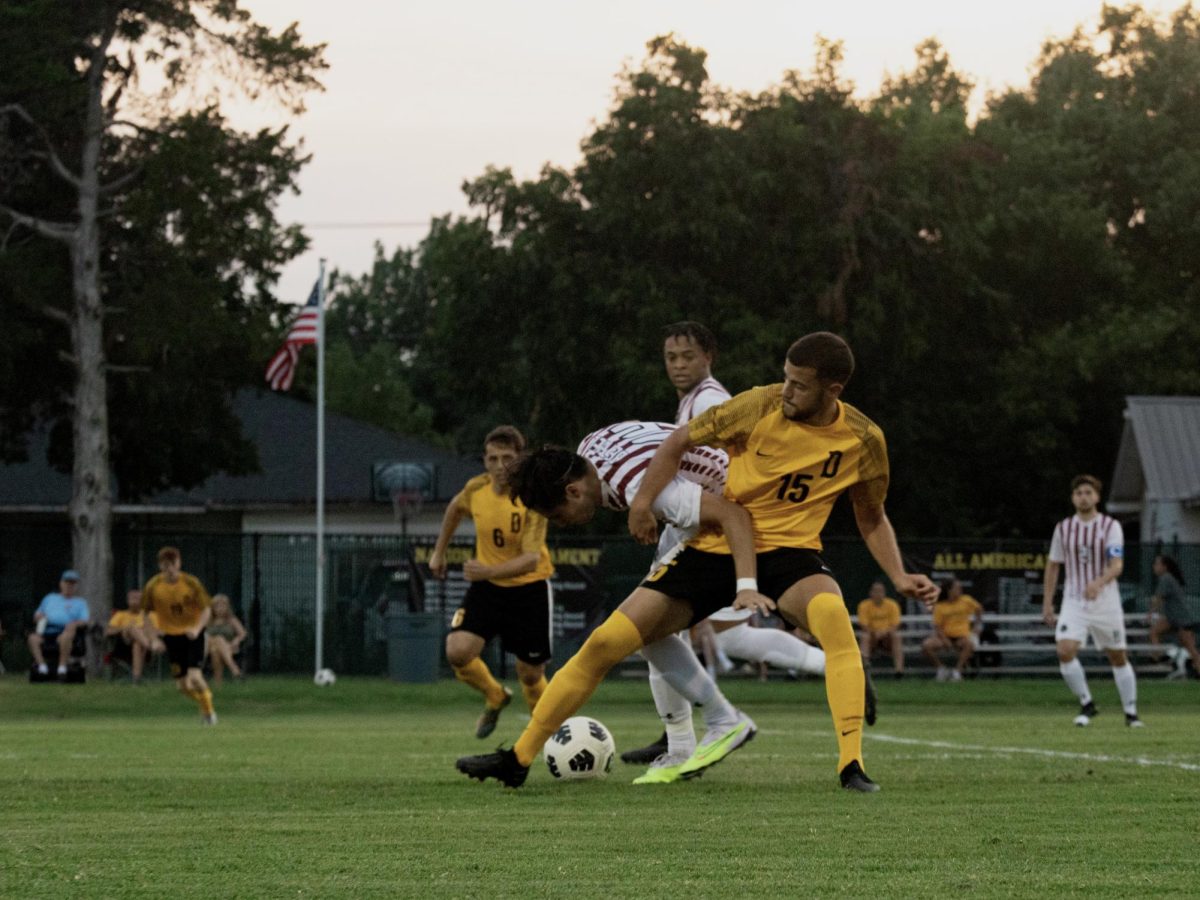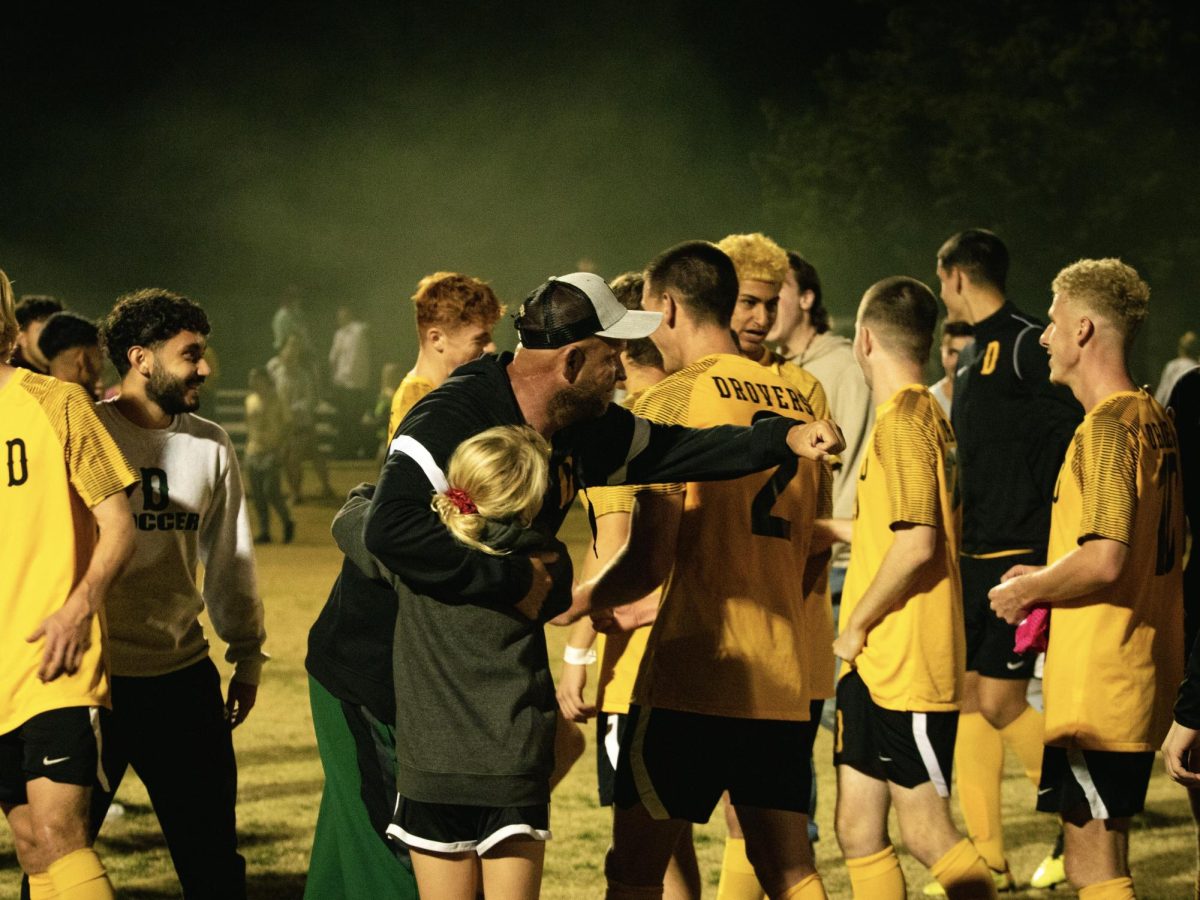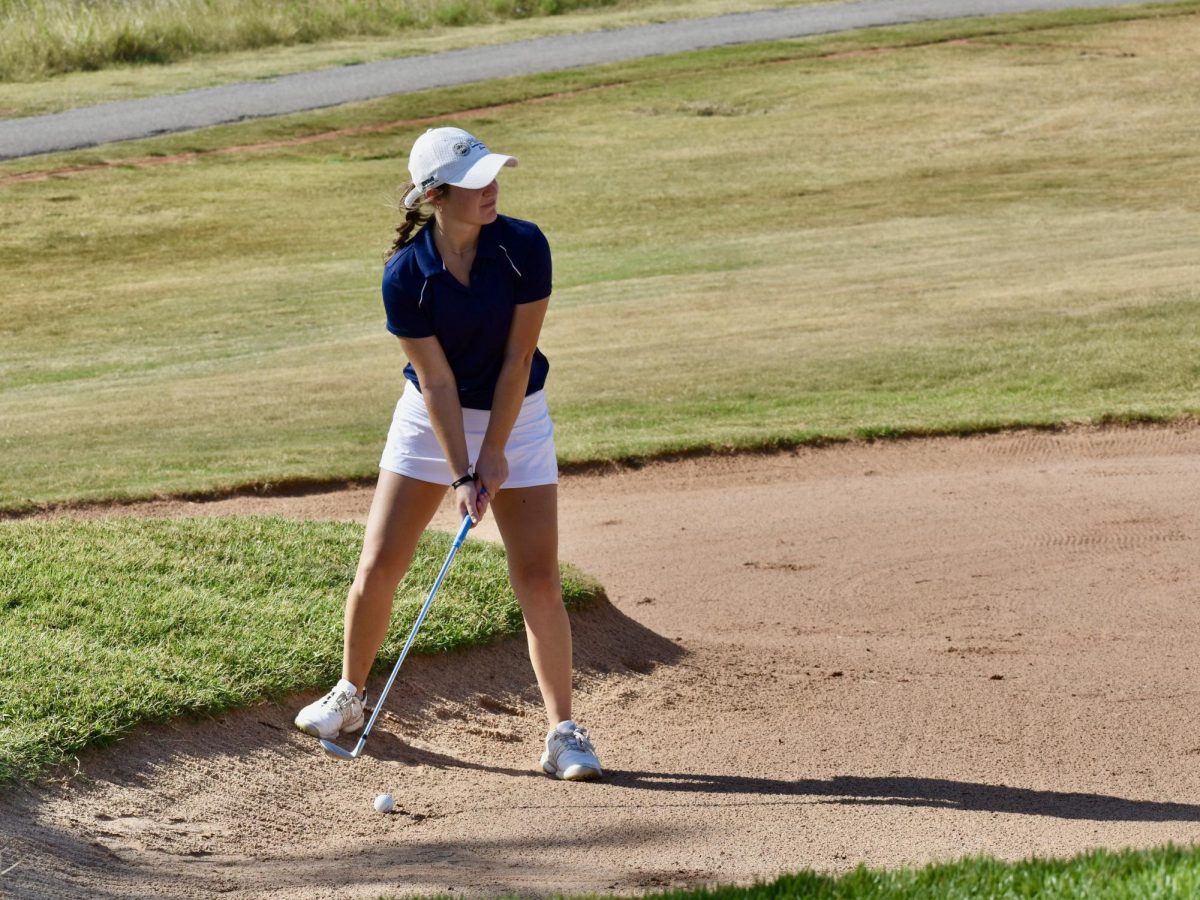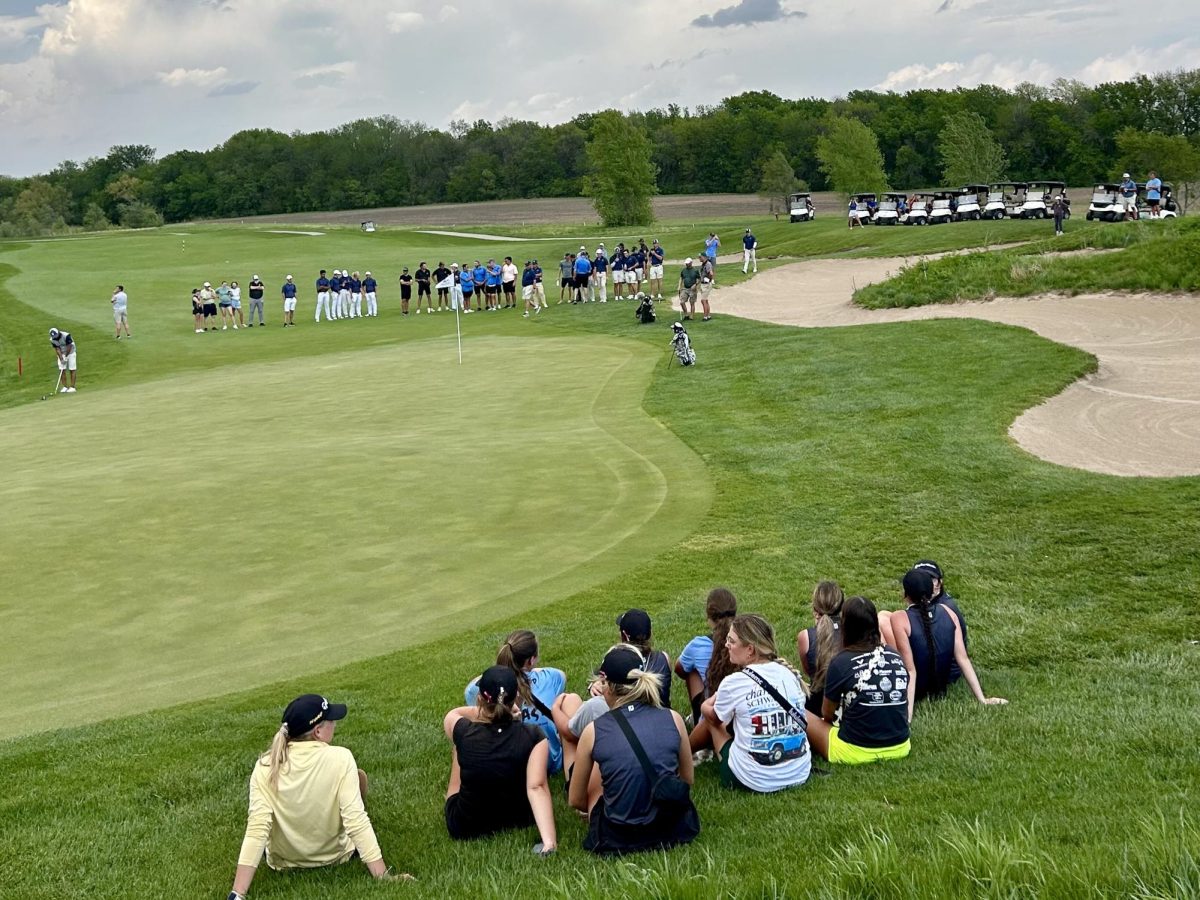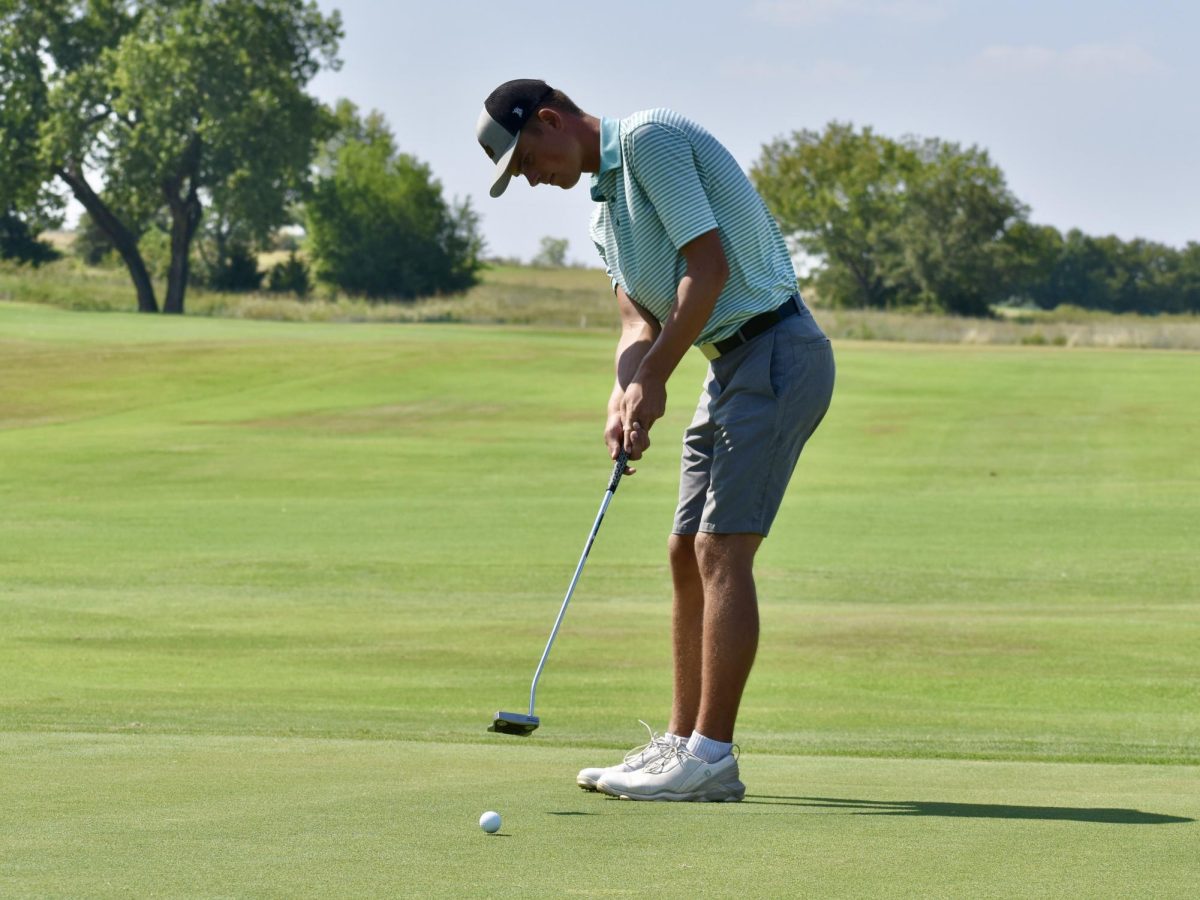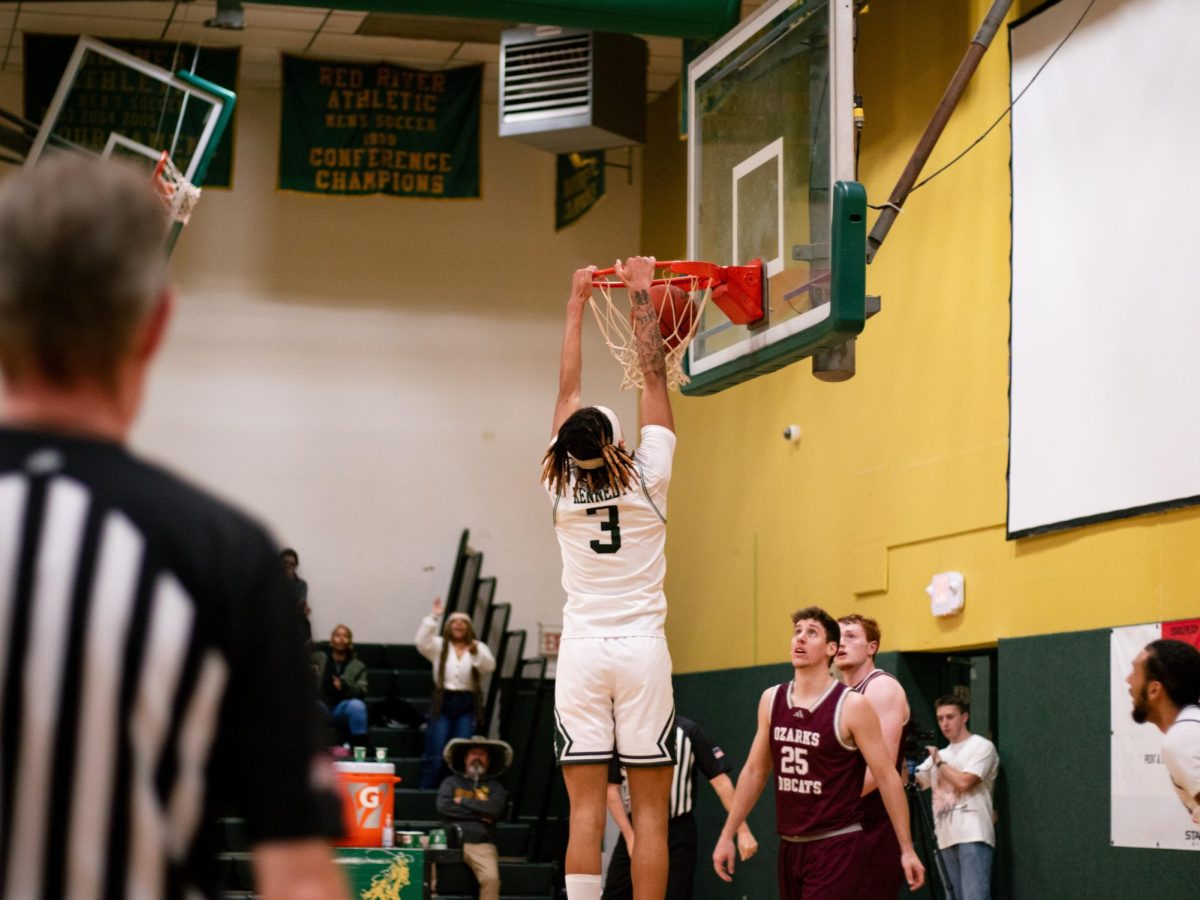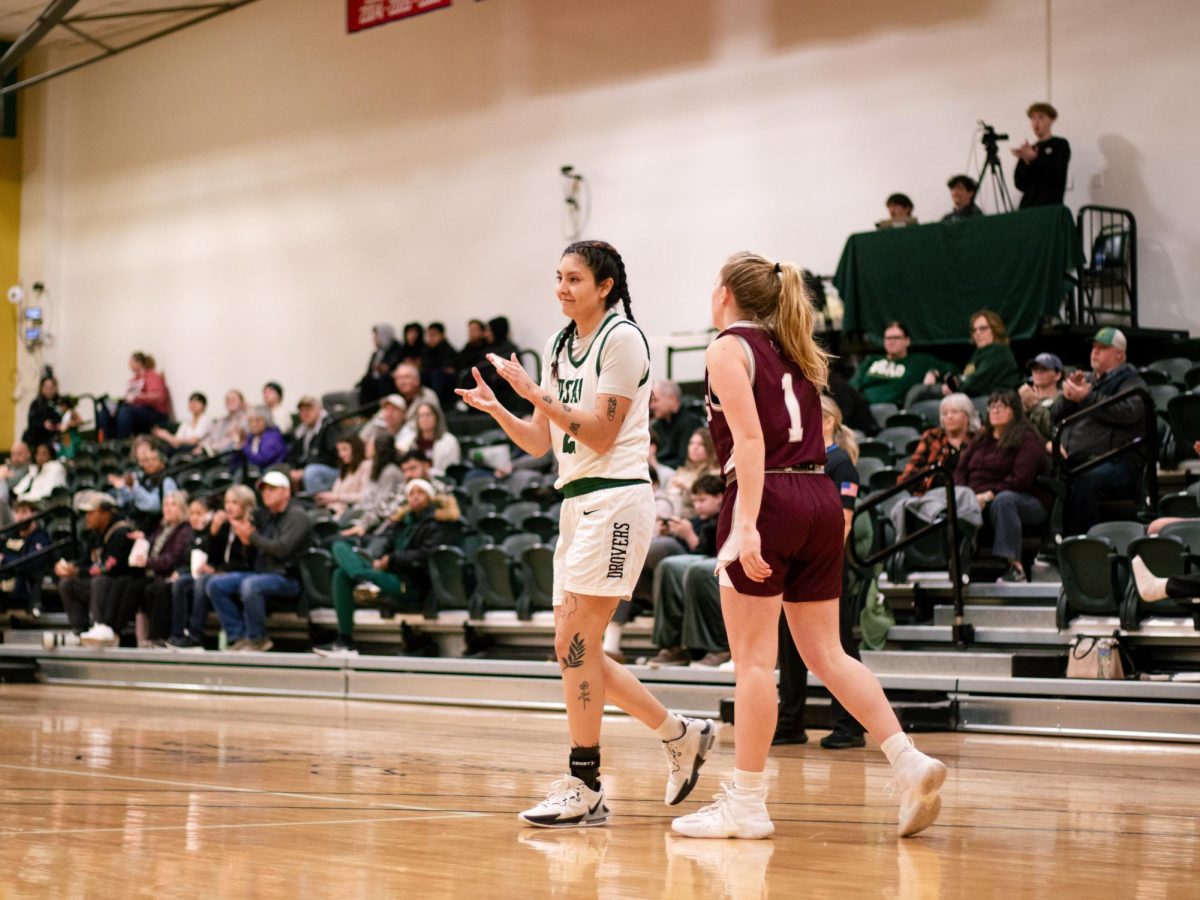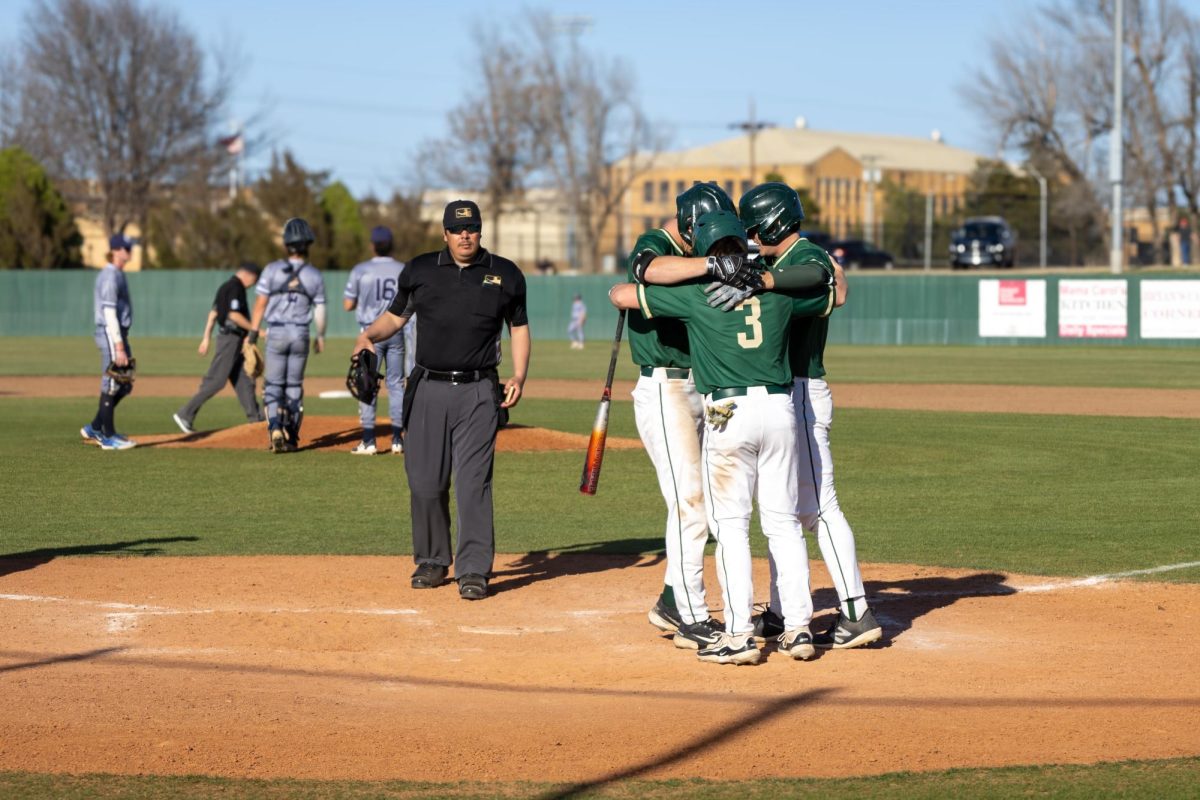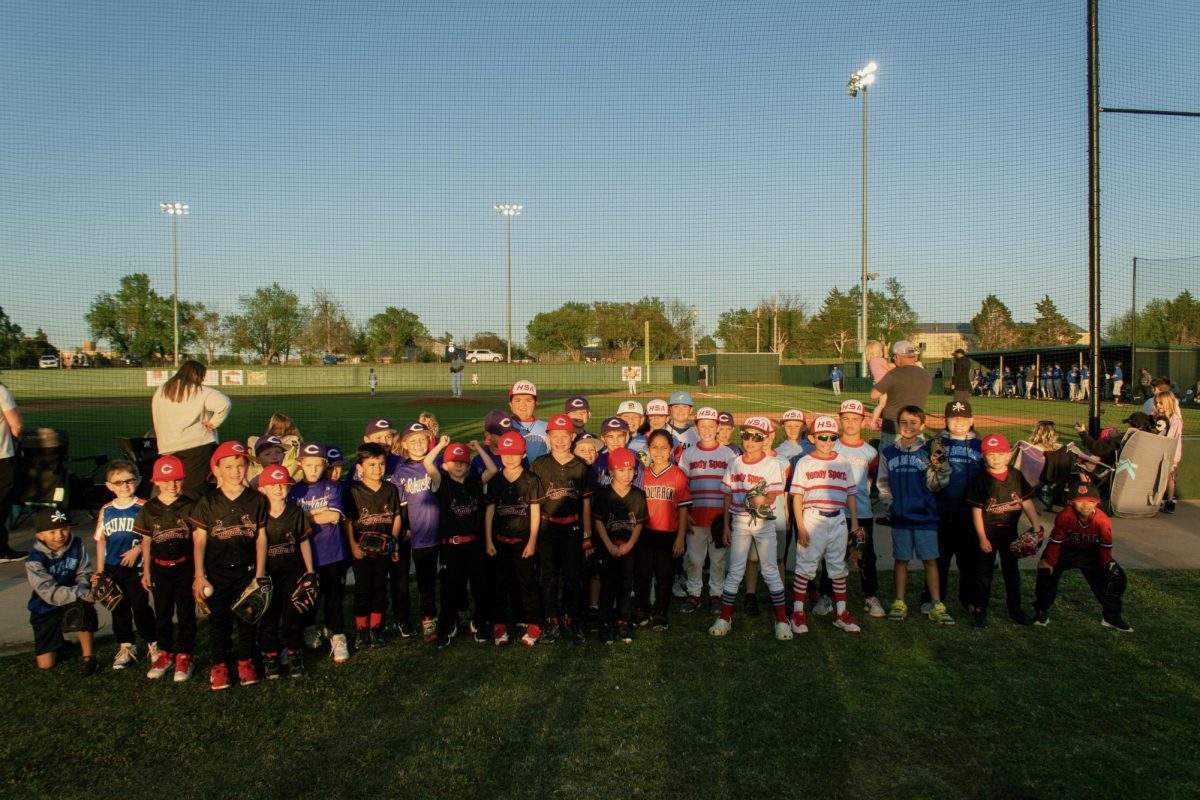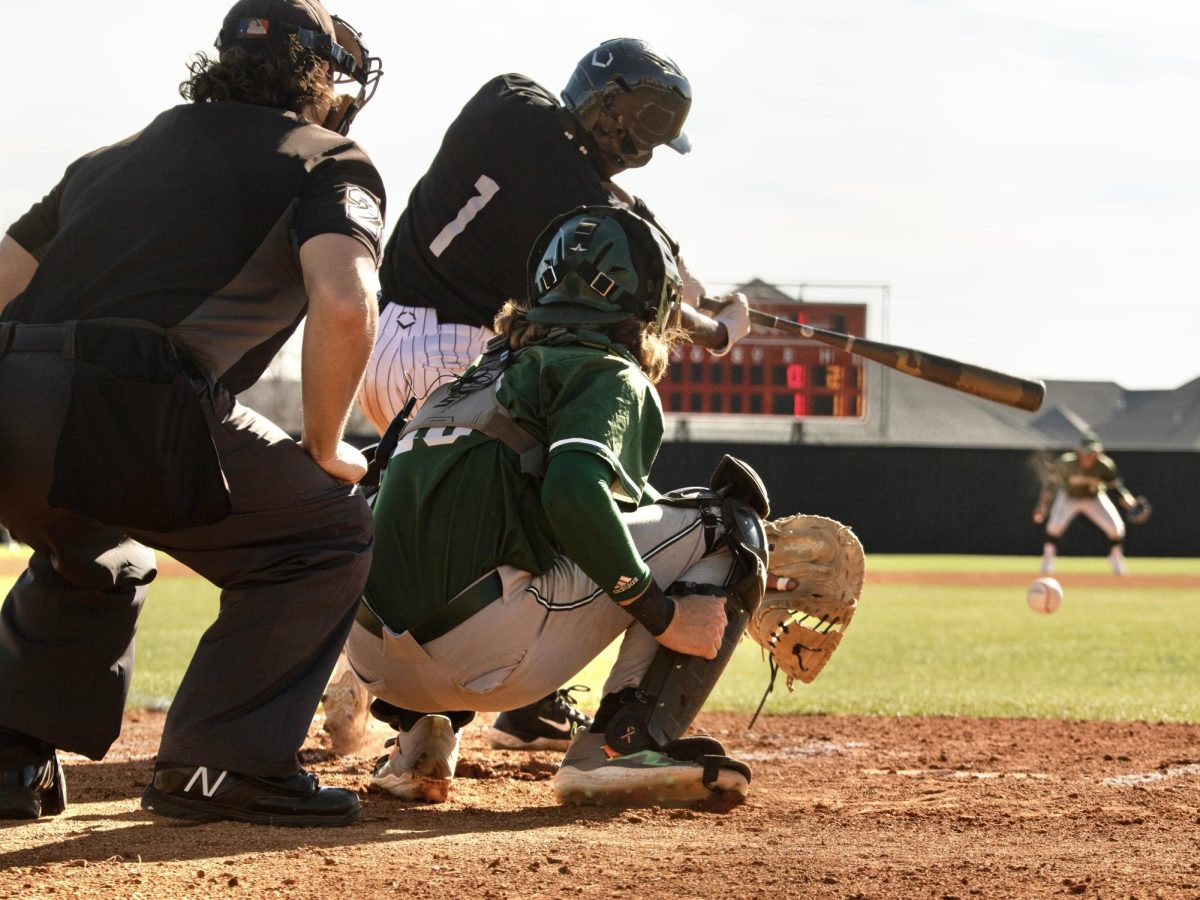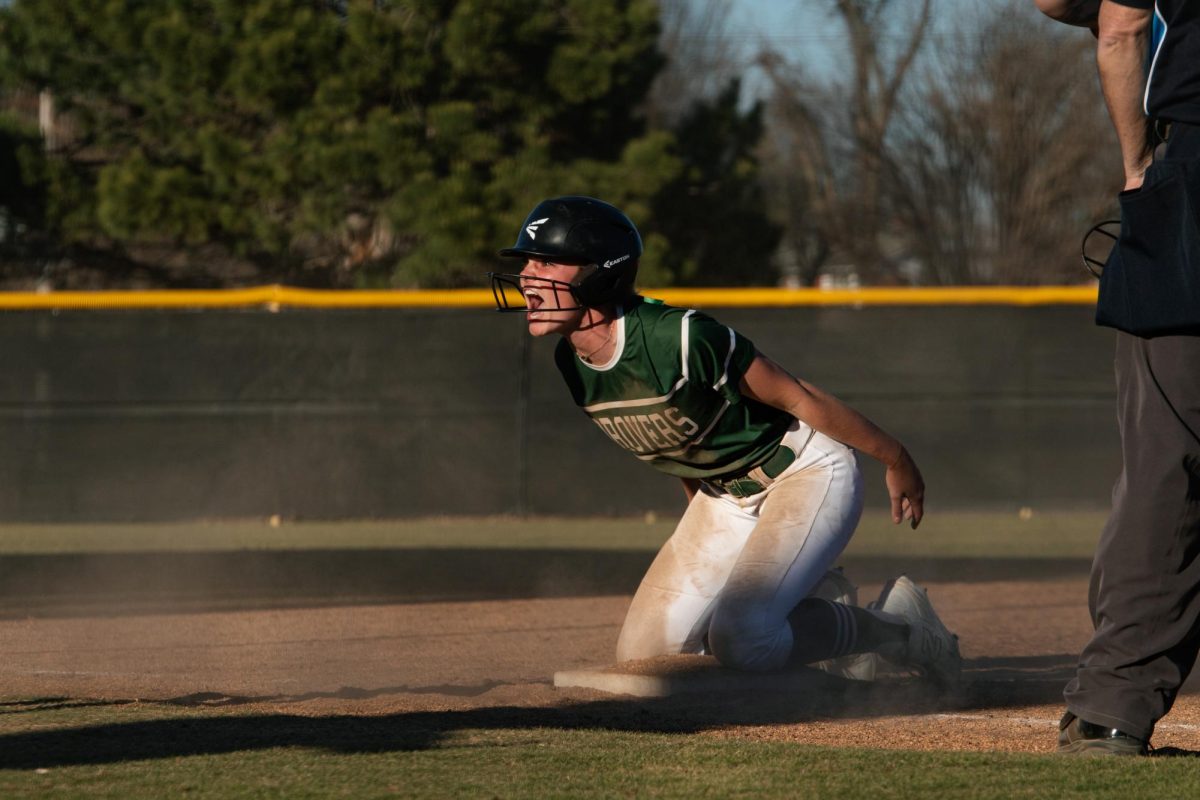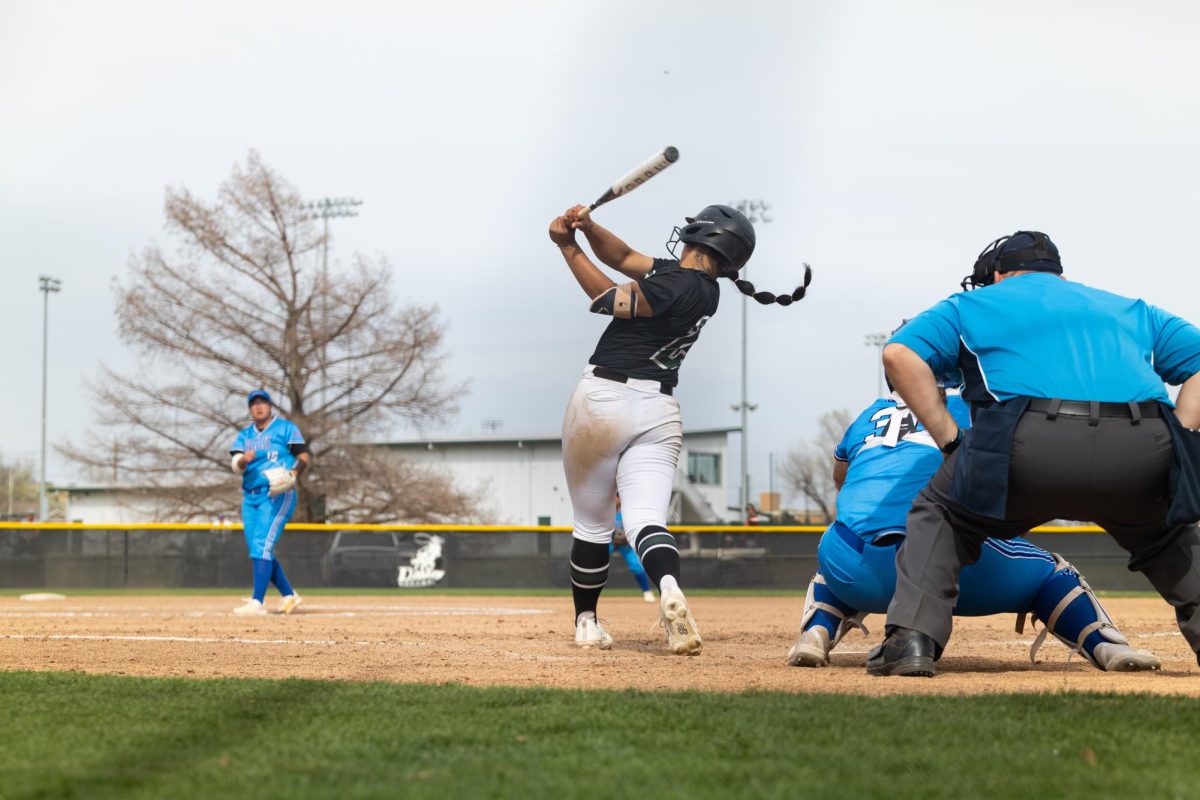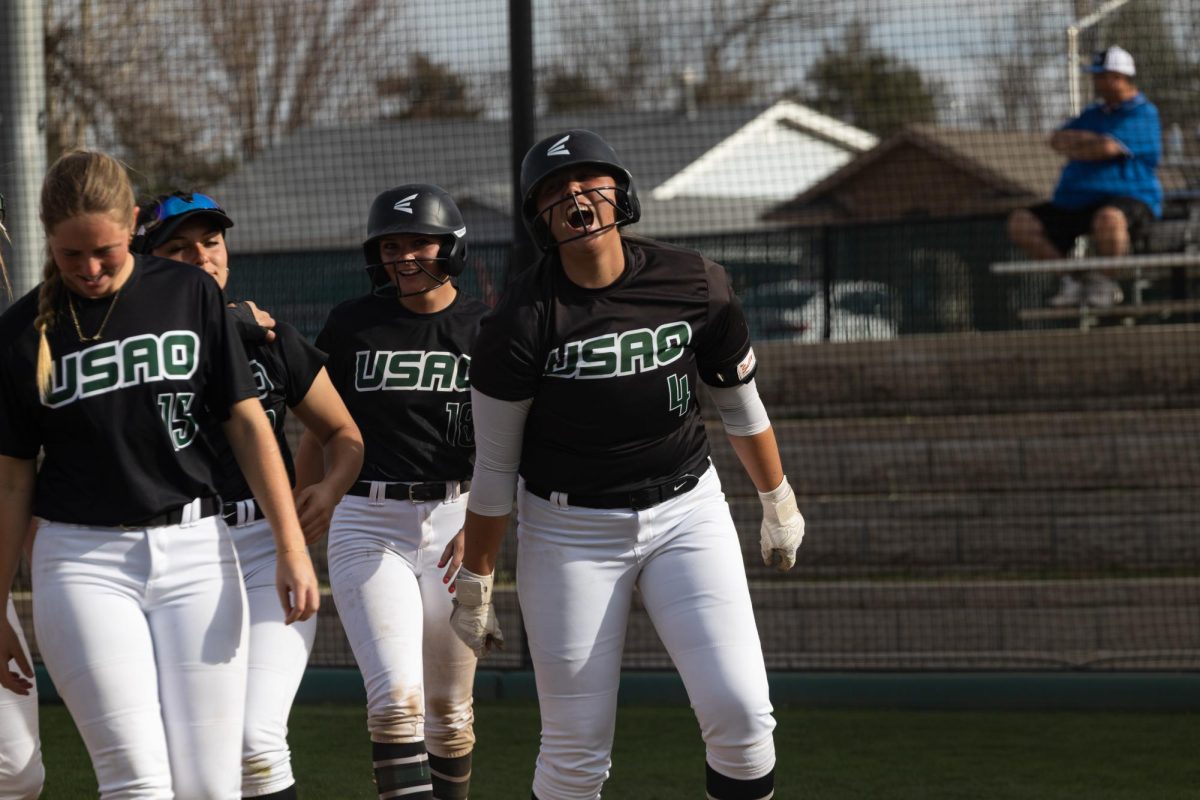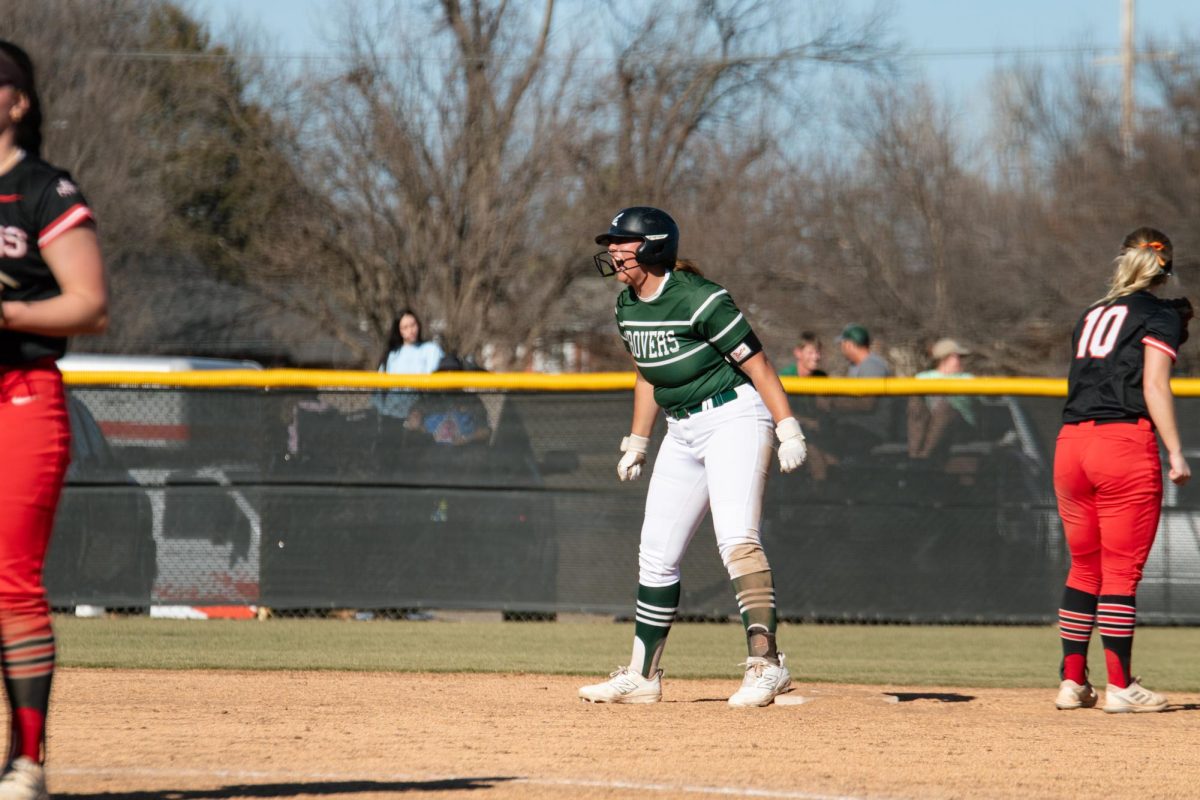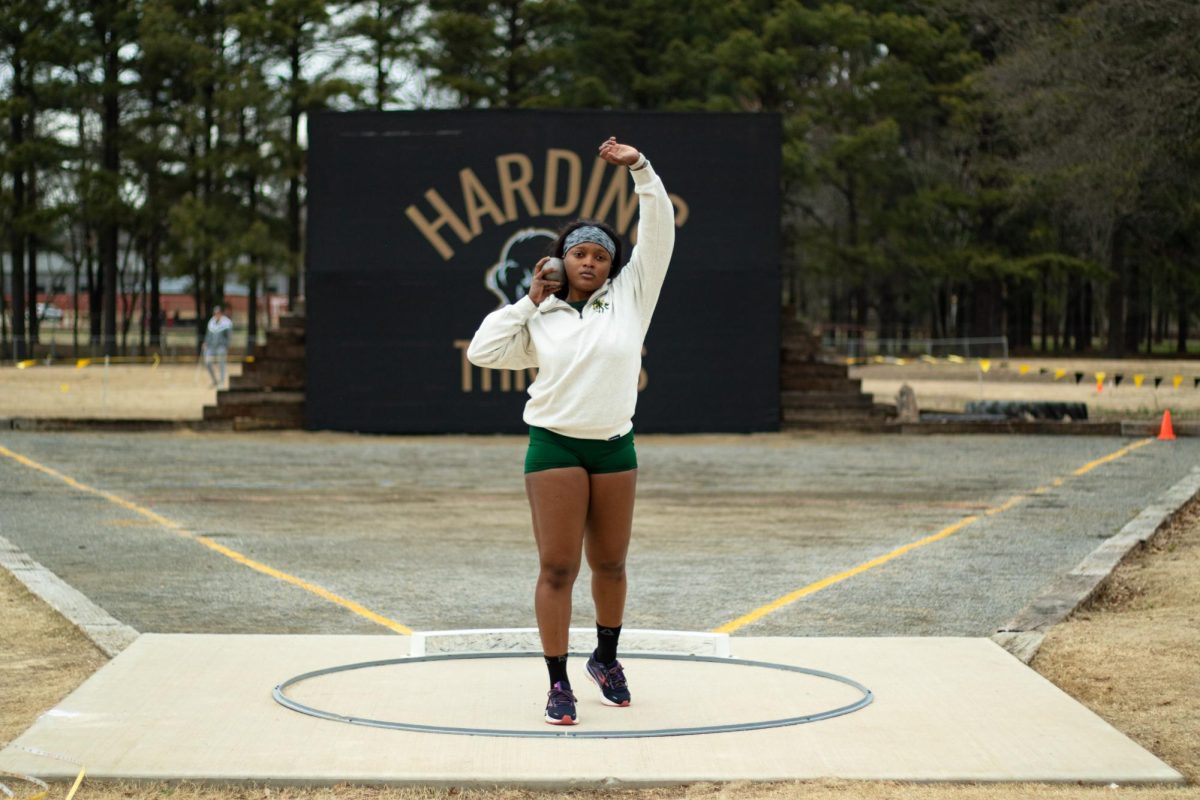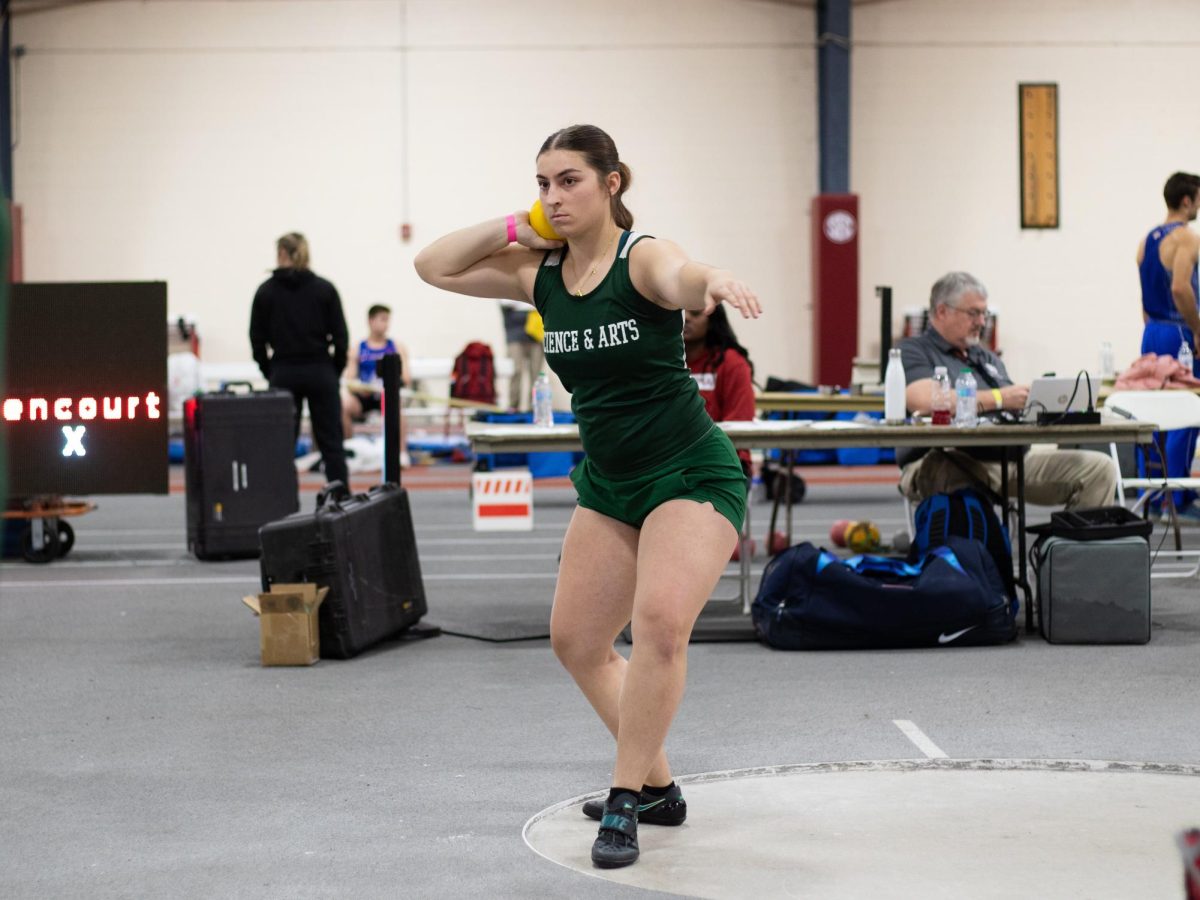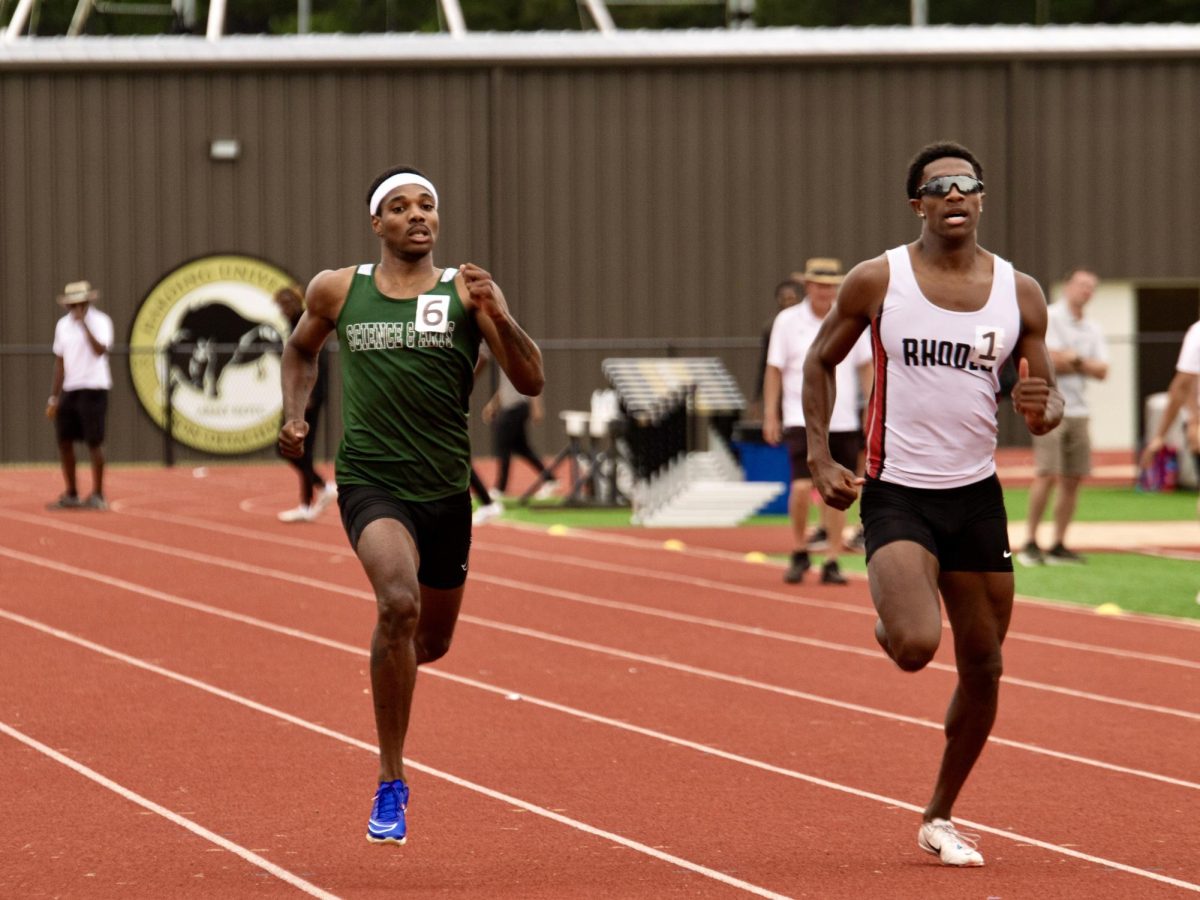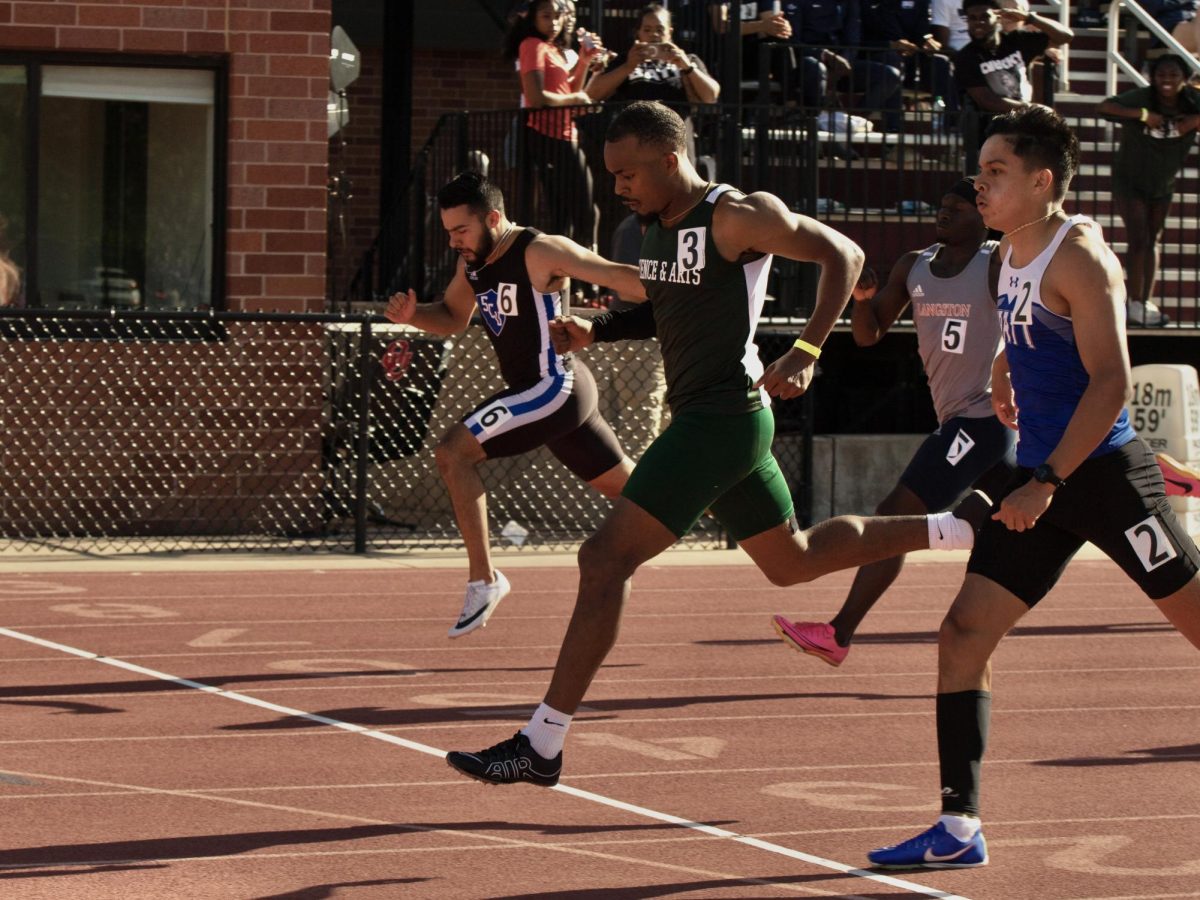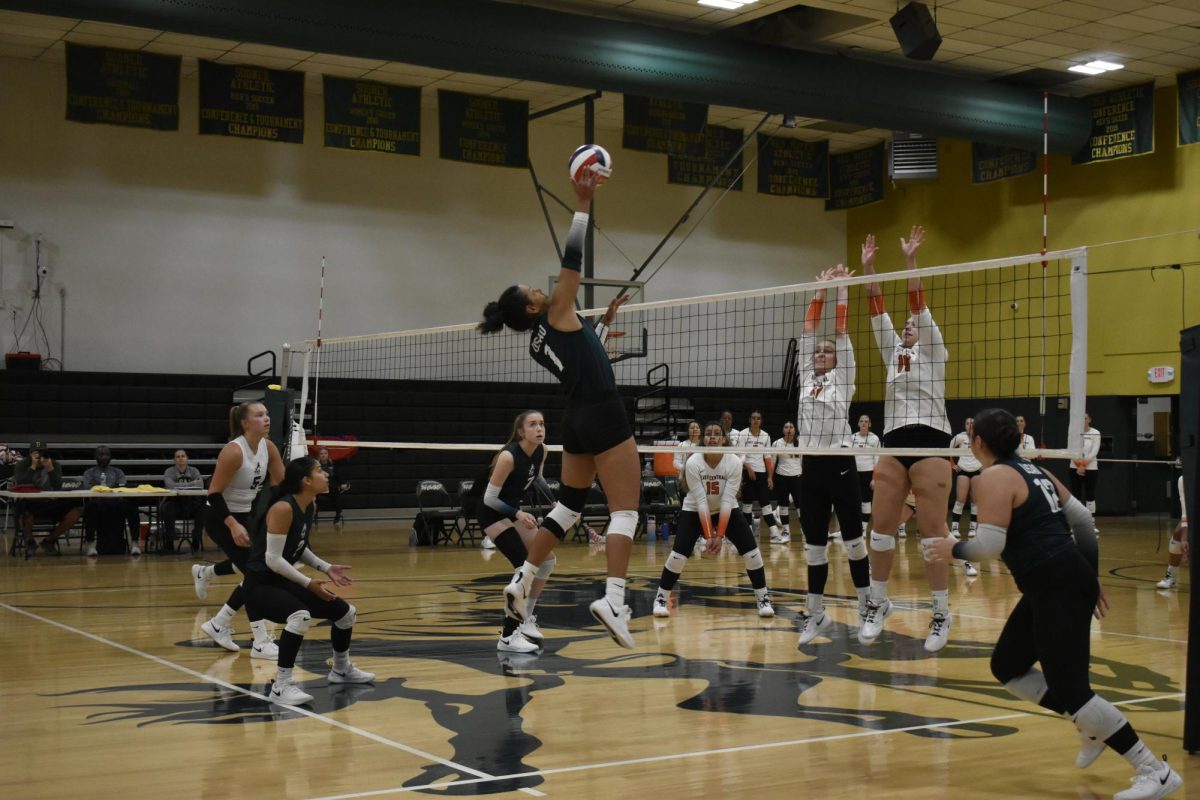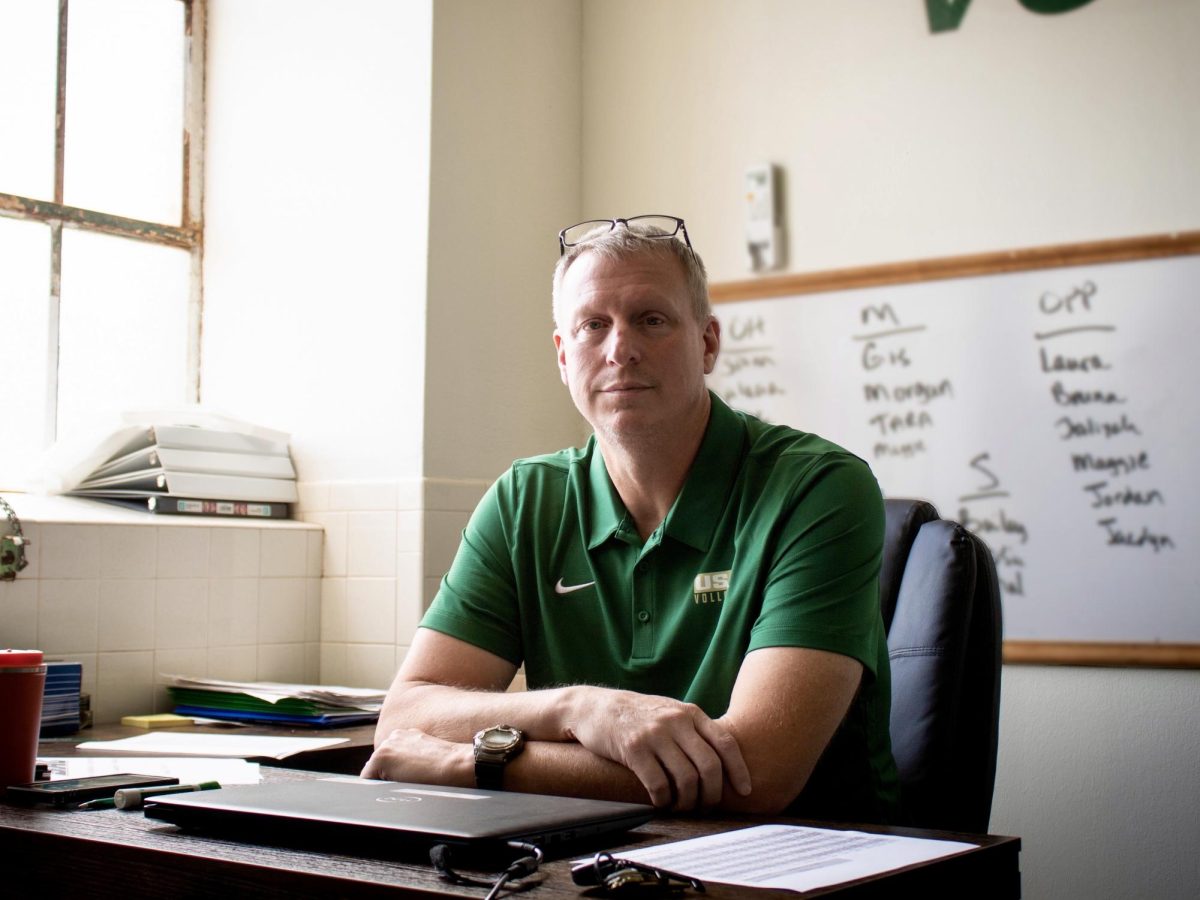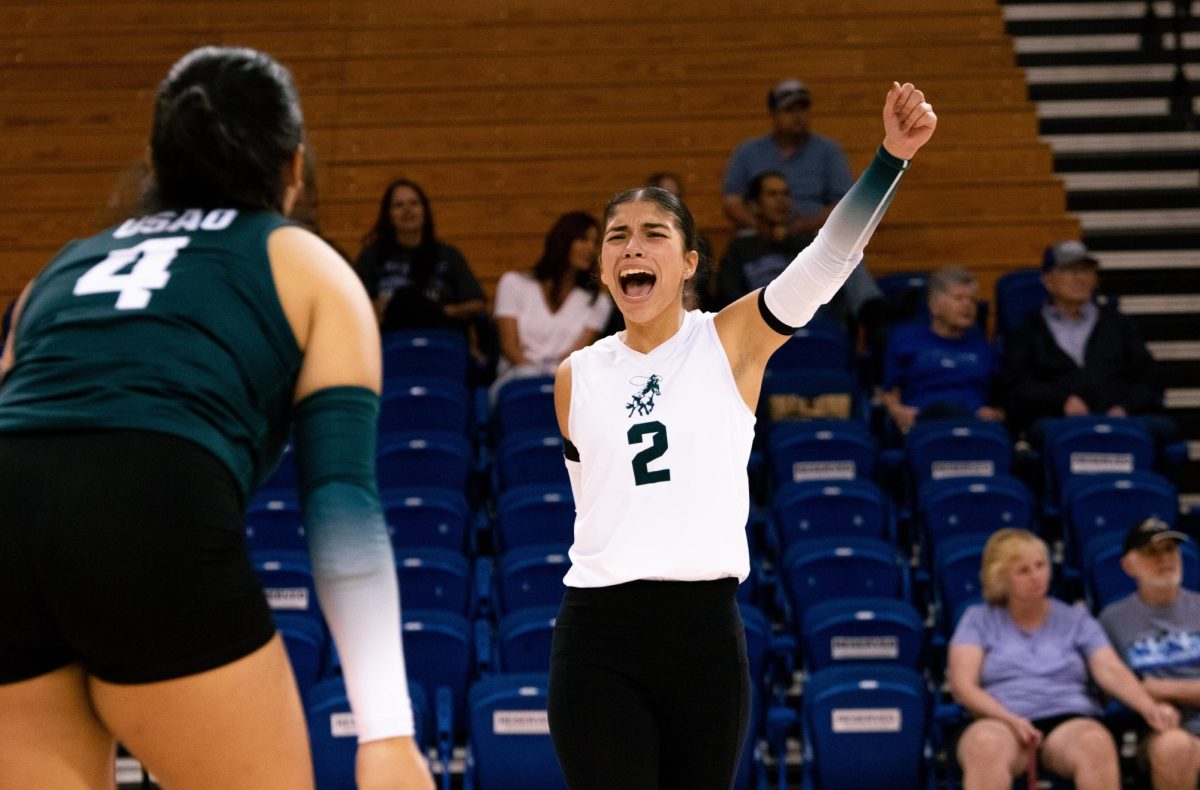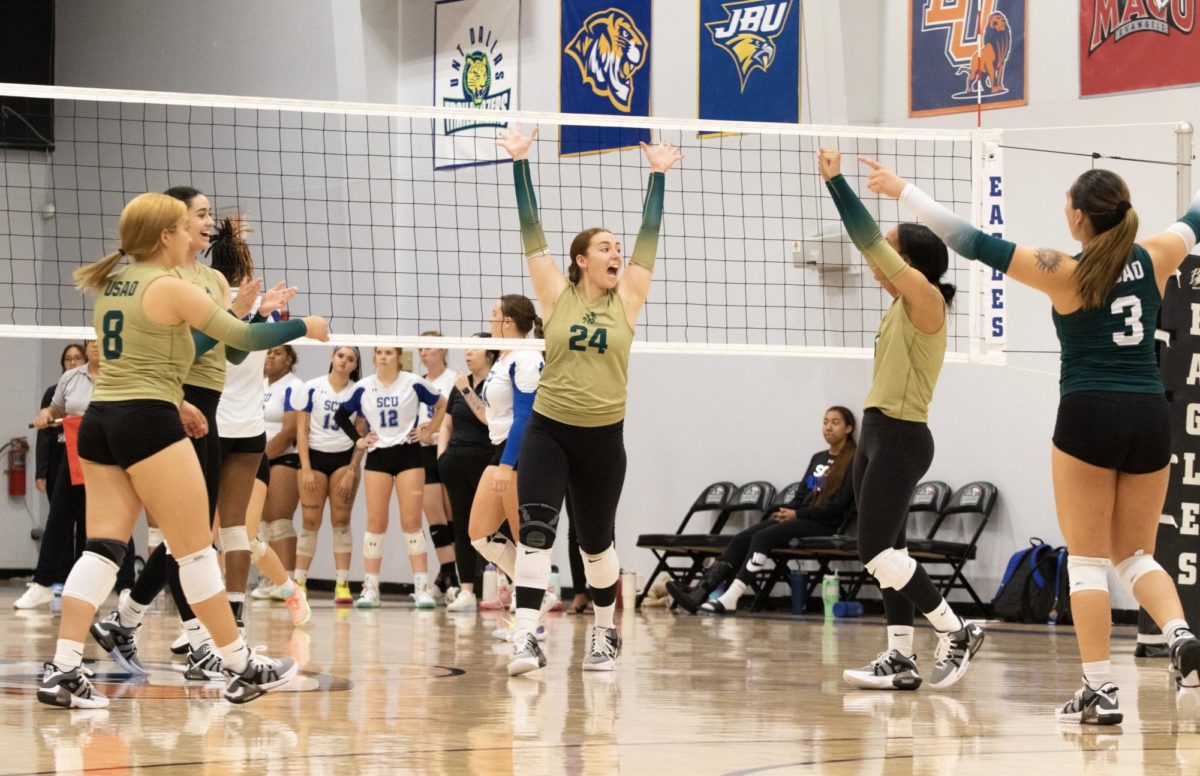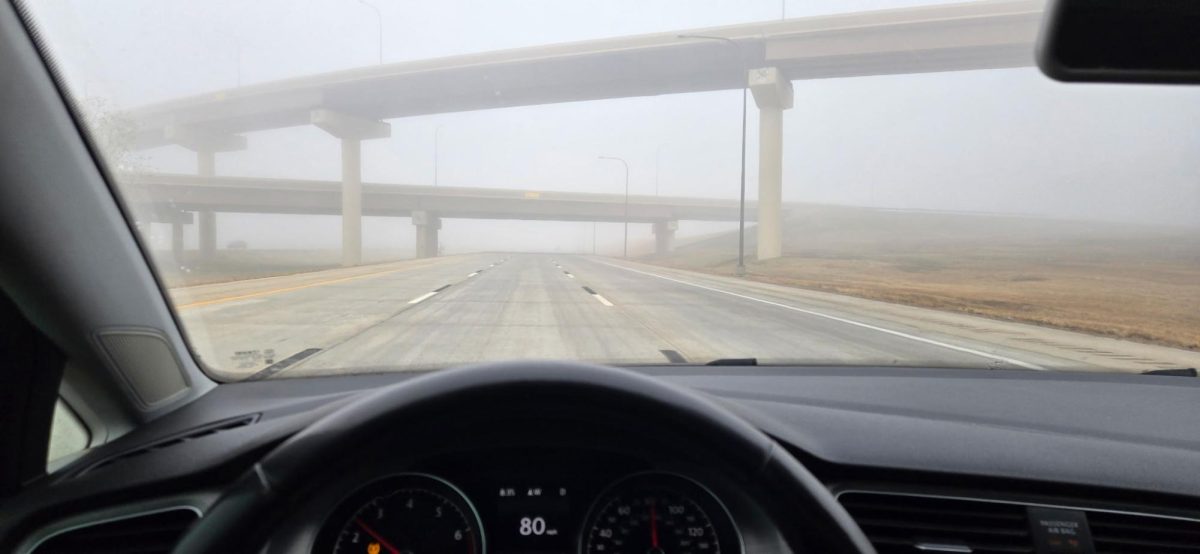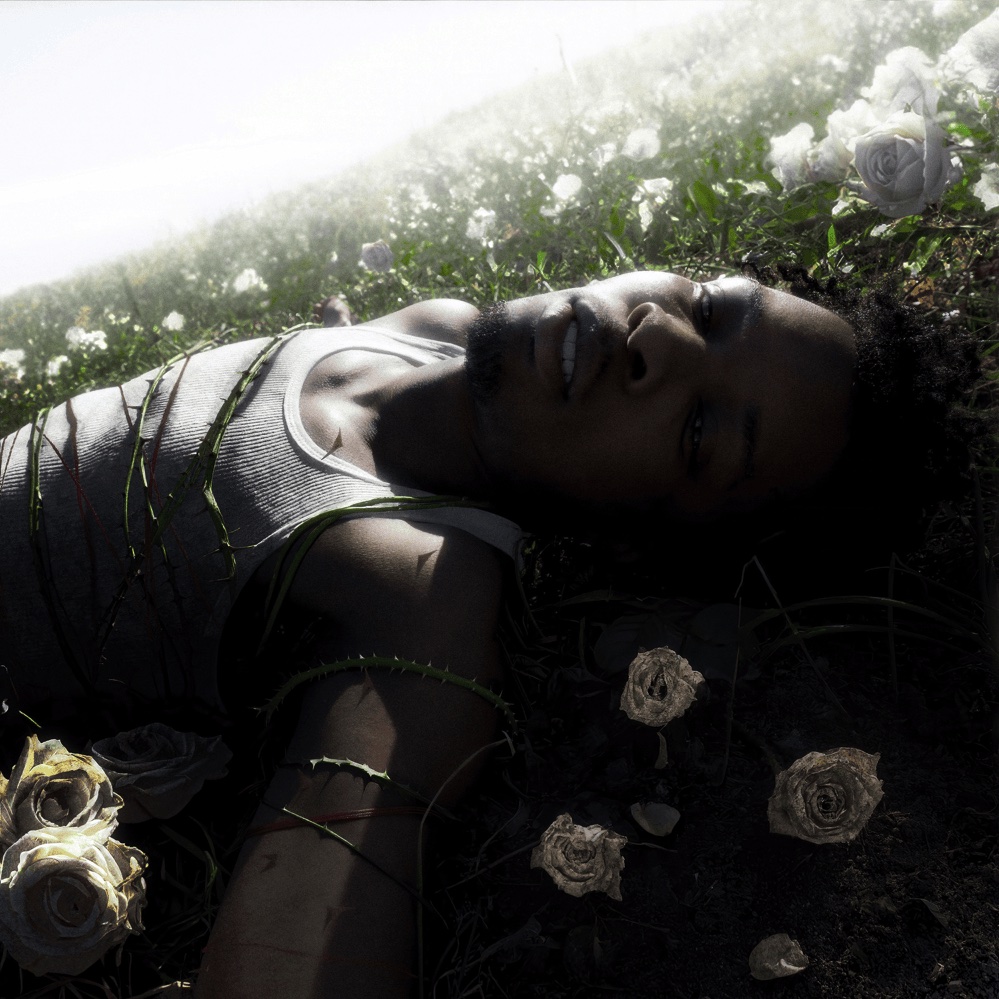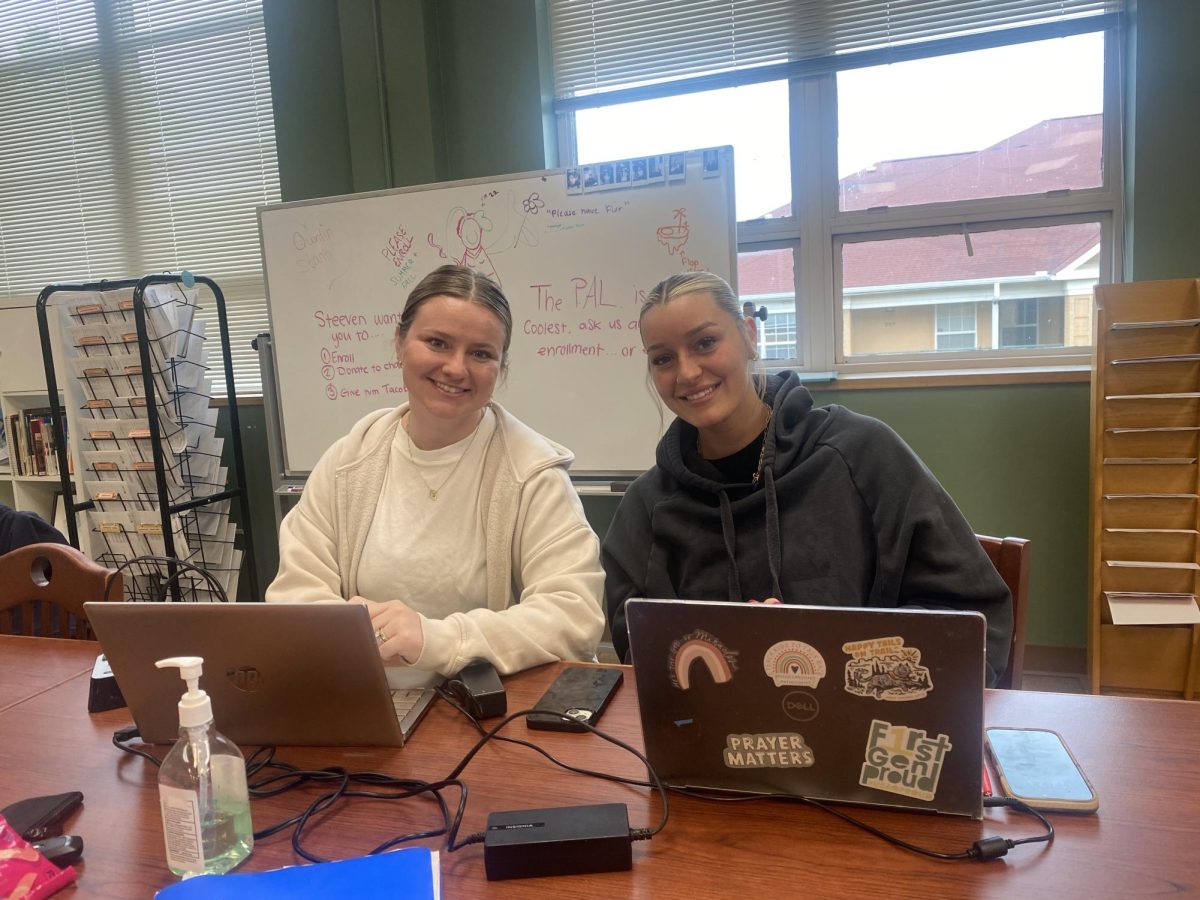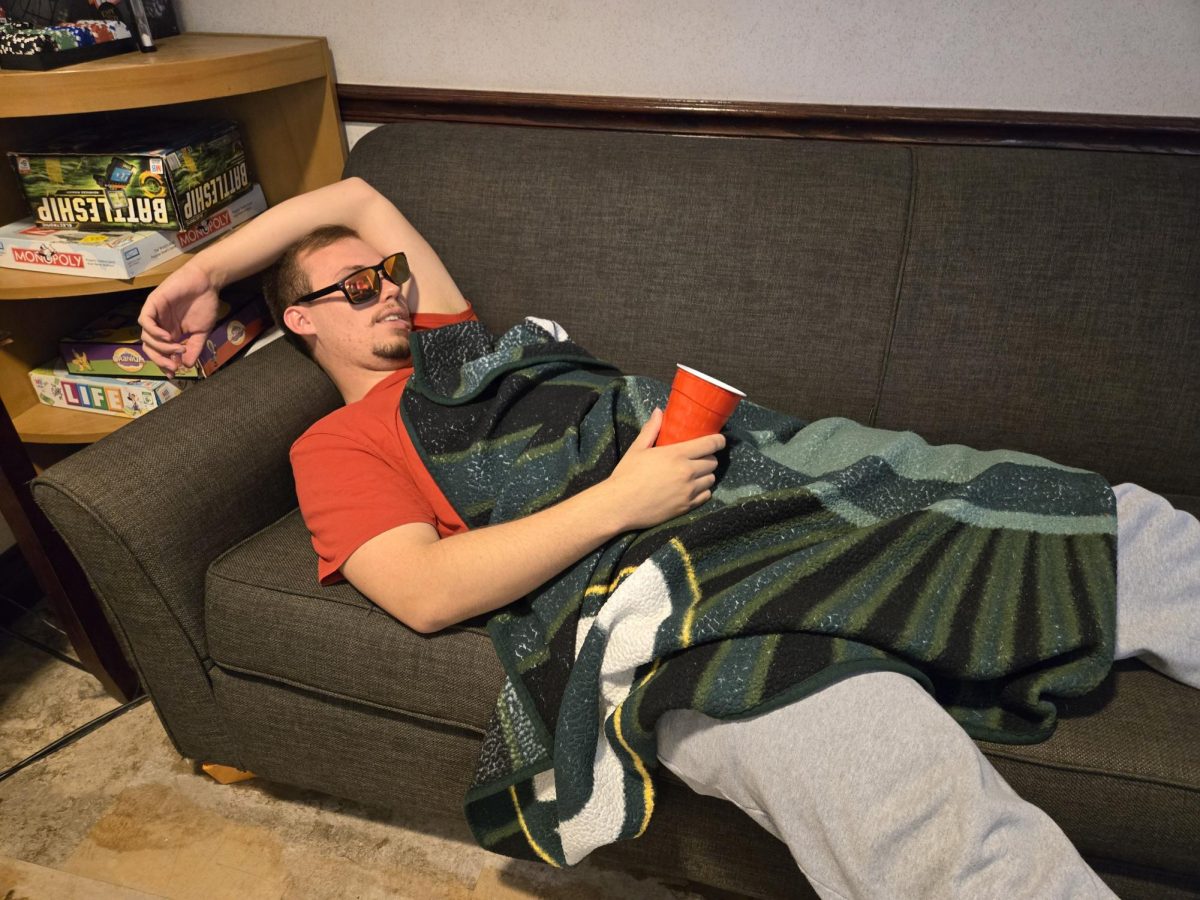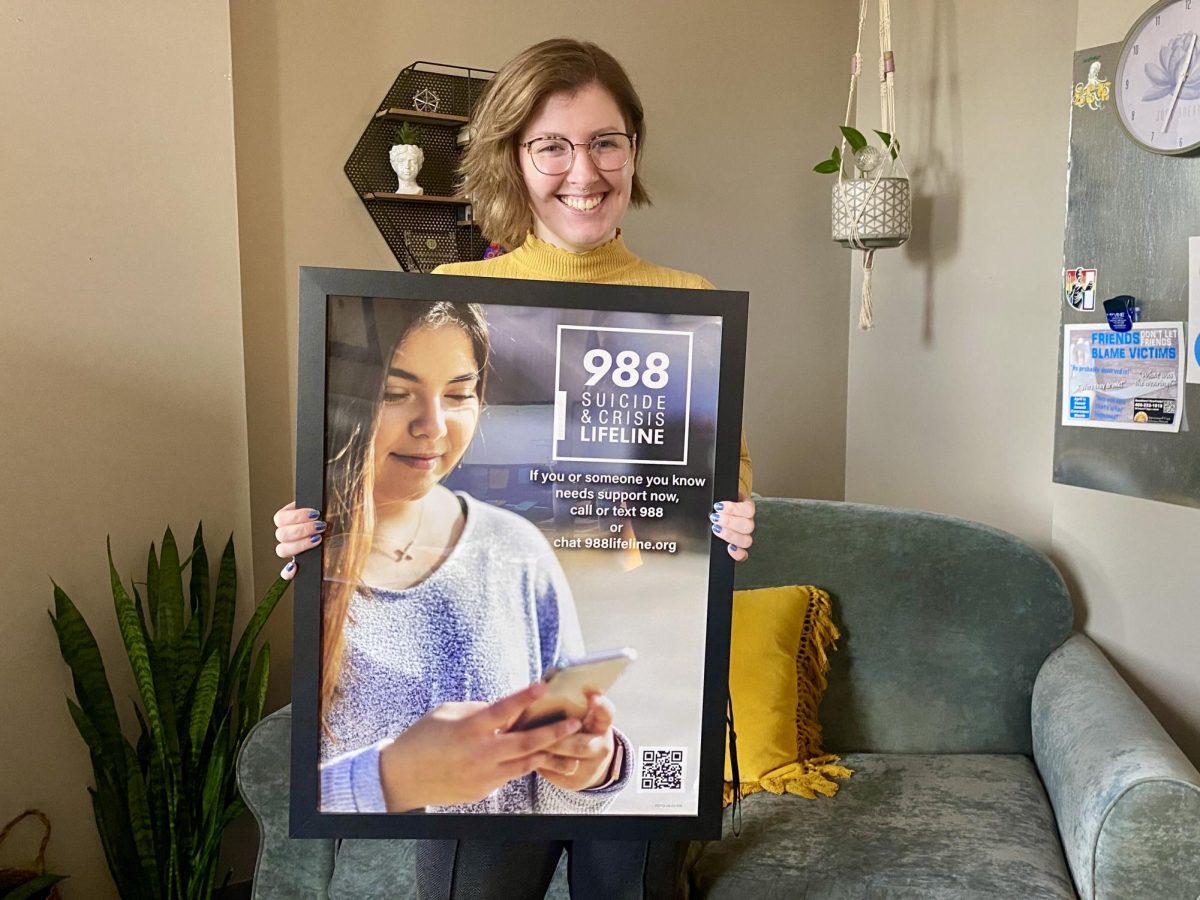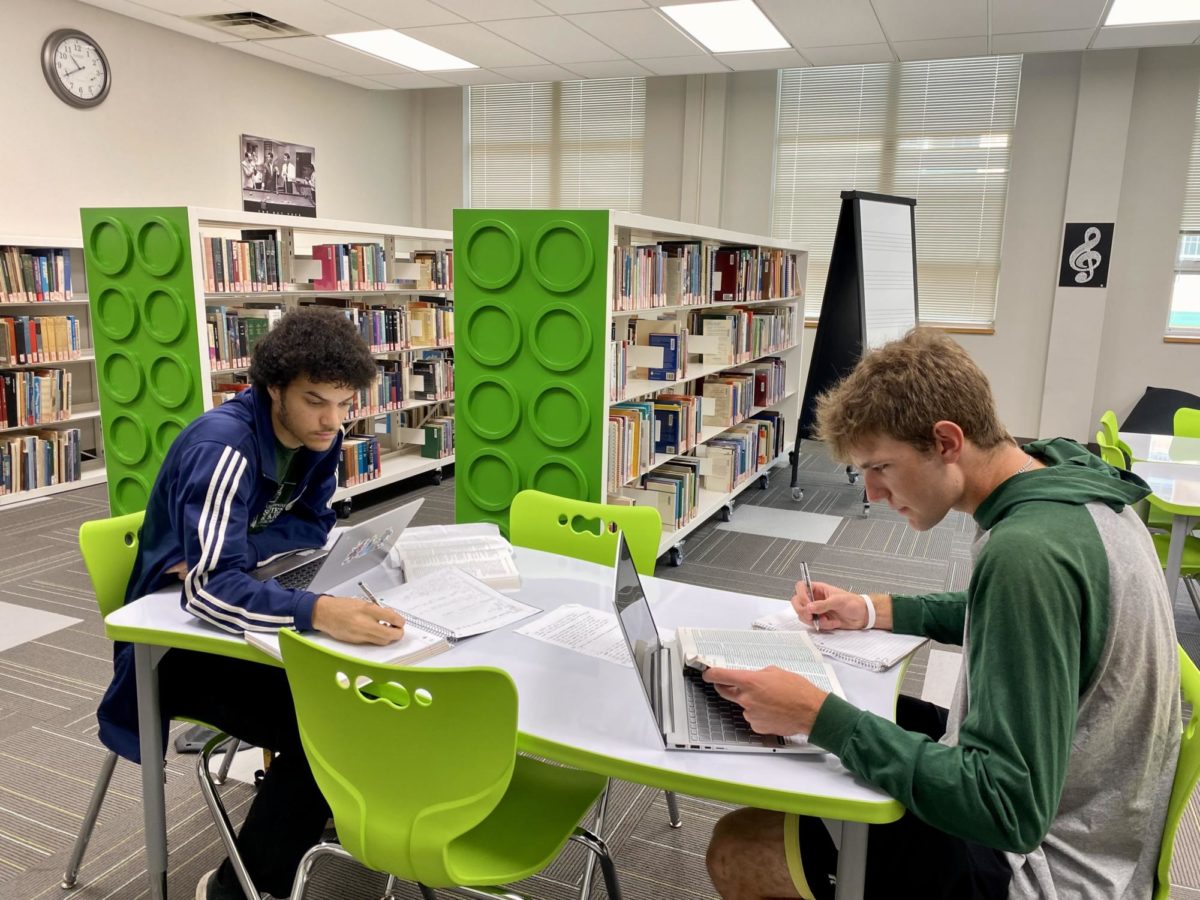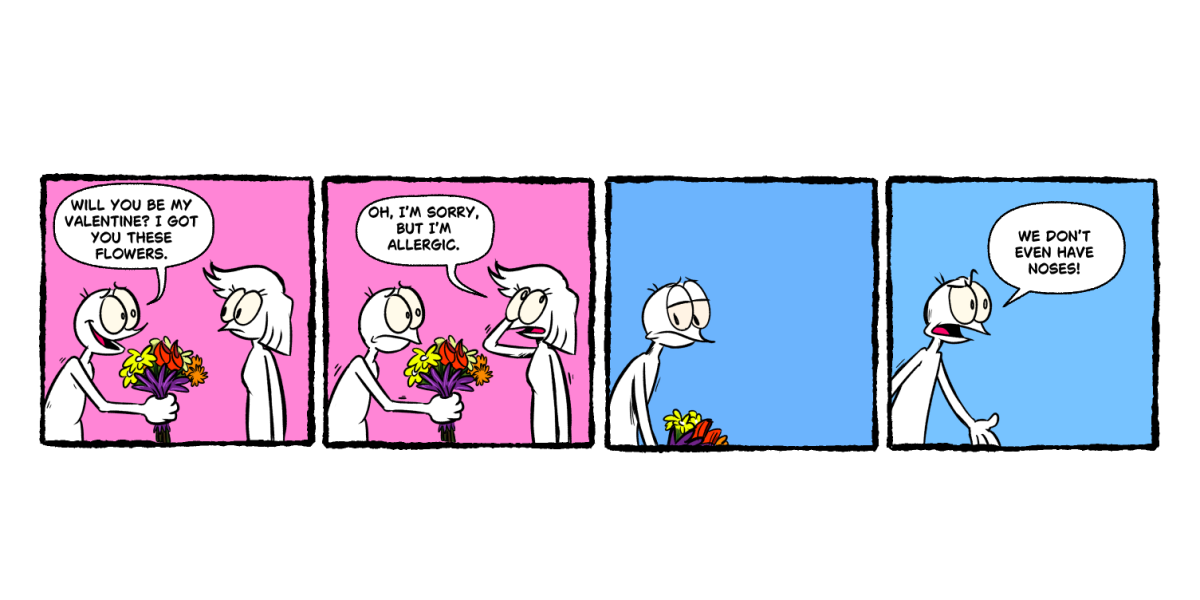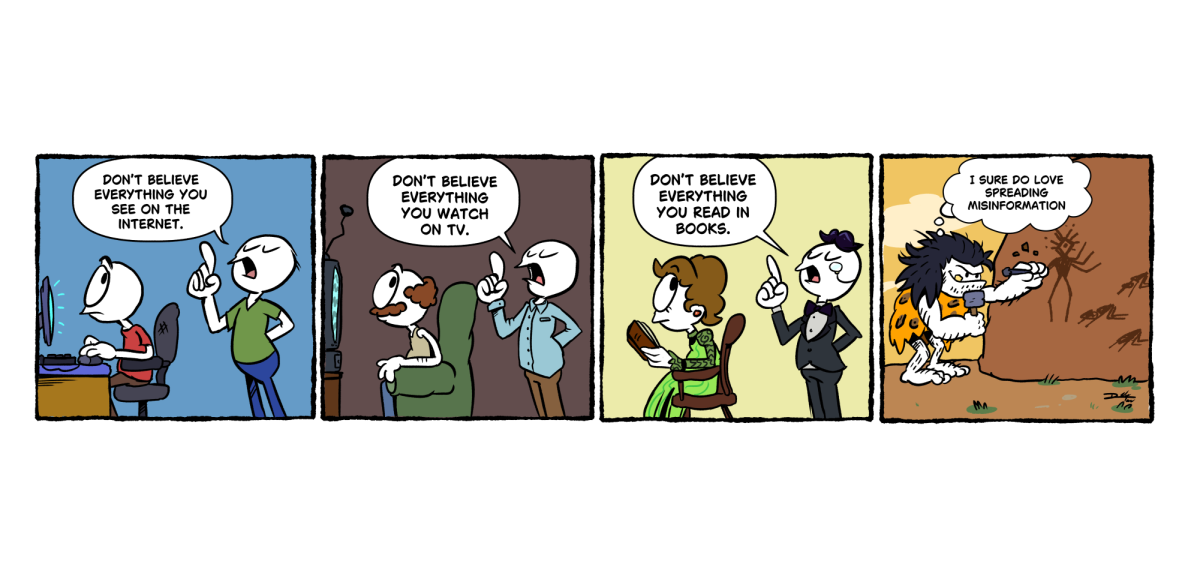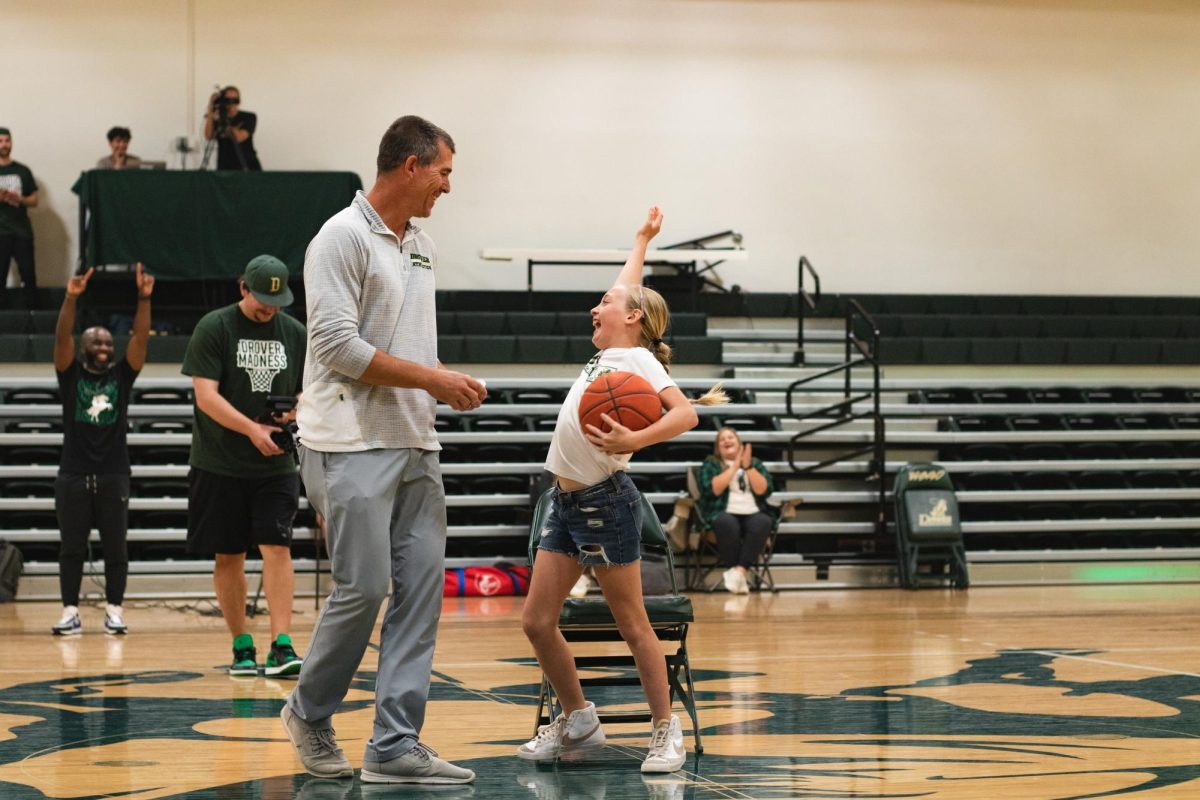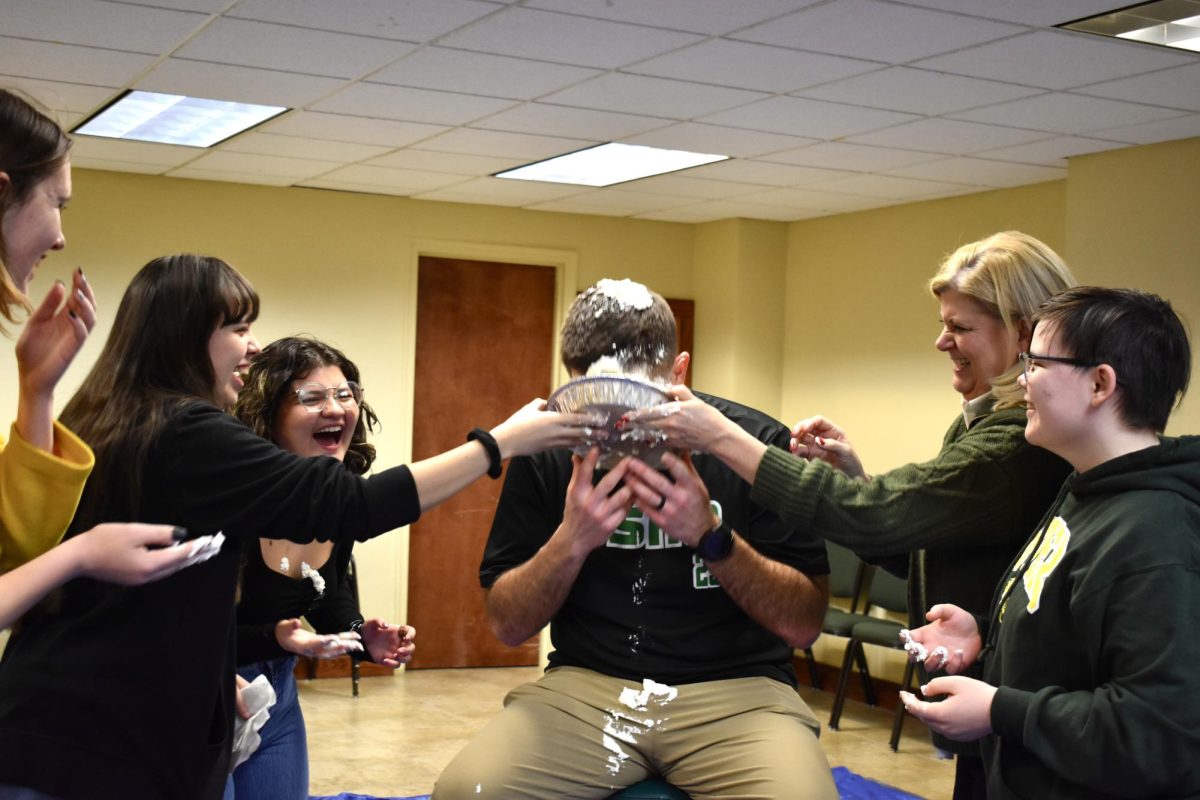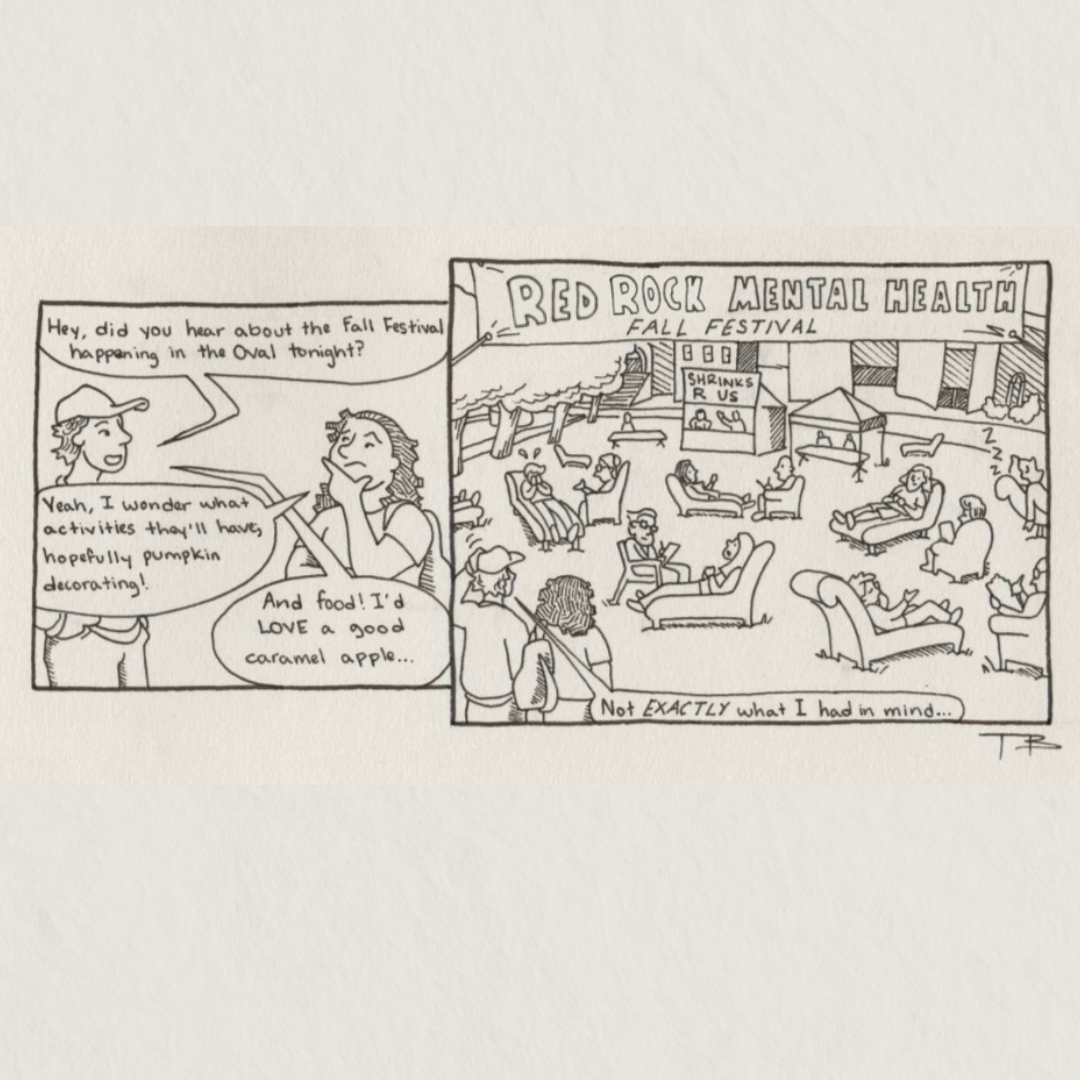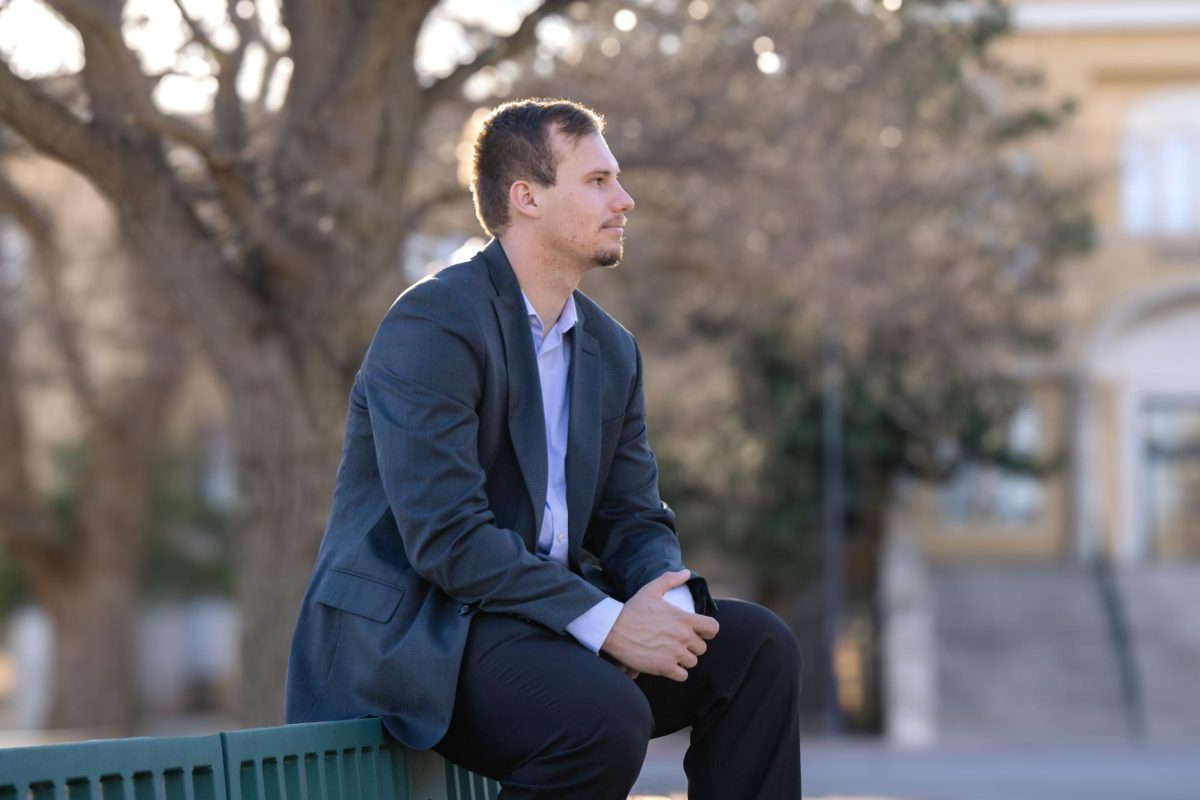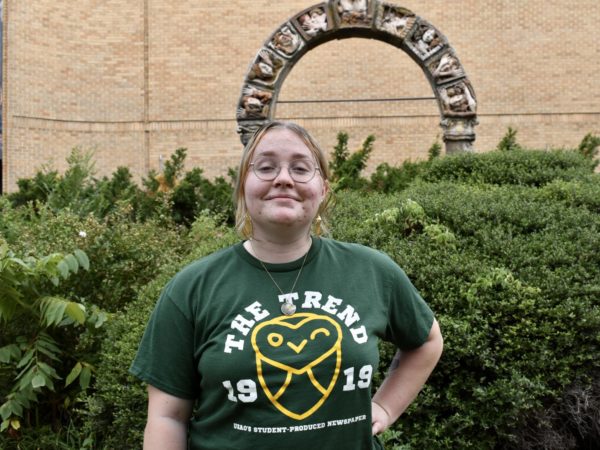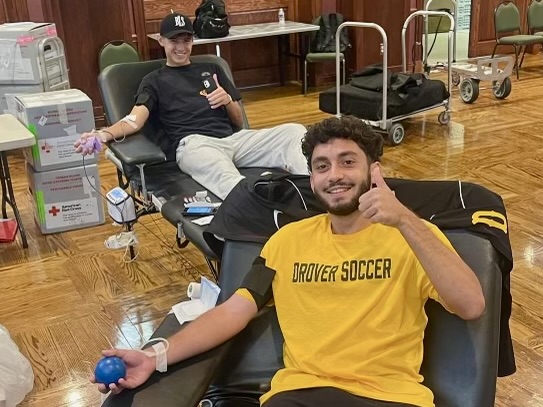
The Red Cross Club (RCC) is hosting a blood drive Tuesday, Jun. 25 in the ballroom from 11 a.m. to 4 p.m. with a goal of collecting 20 units of blood. As of Thursday, Jun. 13, RCC saw 19 people signed up, pushing their goal within reach. The RCC stated that walk-ins are welcome, but they prefer to sign up as it makes the process easier and quicker. There will be no theme for this drive, as it’s just a test run for the summer semester. Students can expect a theme for the fall blood drive, which is tentatively set for Wednesday, Oct. 2 with a goal of 40 units of blood.
Blood drives have crucial missions as one unit of blood can save three lives, which means for the summer RCC’s goal is to save 60 lives through their blood drive. Two of RCC’s executive board members, Jacie Crawford, a sophomore environmental science major, and Jenna Hamburger, a sophomore environmental science and biology major, encourage people to at least go see if they’re eligible and make the decision from there,
“If you’ve never donated blood before, it can be scary, but just know that the club members will be there to help you, and you won’t be alone,” Hamburger said.
Harry Cracknell, the RCC’s blood drive coordinator and senior business administration major, had many tips for those who are considering going to get their blood drawn,
“Don’t be afraid to talk to one of us, we’re there to help. Talking to someone, having music, all sorts of distractions can ease the psychological block that forms when doing something like this,” Cracknell said.
He also advises eating a big breakfast, and even scheduling your appointment after lunch if you’re new to giving blood, that way you have eaten two meals before your appointment. Also, water is seen as one of the most important factors of getting your blood drawn, with Cracknell advising drinking a lot of water for a few days in advance to ensure you’re hydrated.
“I have a bit of a tradition of going to McDonalds and getting a big breakfast before I give blood and making sure I load up at the cafeteria beforehand as well and drinking loads of water,” Cracknell said.
Additionally, the Red Cross has guidelines for getting your blood drawn that can provide more information to those giving blood. For example, if you have gotten a tattoo within the last three months, you are ineligible to donate. There are many factors that all vary from person to person, and research should always be done to ensure you will not be turned away.
The American Red Cross also has an app called Blood Donor, which can be used to track what hospital the blood taken goes to. This can really personalize the experience and really put into perspective what is being done for people.
“There are people all across the world in all walks of life that need blood. I recommend watching videos on the internet to really get a feel for the impact you can make on someone’s life,” Cracknell said. “Every donation counts. Since students our age can’t make monetary donations generally, giving blood is a good way to give back.”
For more information on RCC and their blood drives follow their Instagram @usaoredcross.
Bea Bourland is a third-year biology and environmental science major at the University of Science and Arts of Oklahoma.
















